The luxury market is changing because consumers are changing. The rise of environmentalism, sustainability, and digital activism mean that luxury brands can no longer take a step back and cater to what feels and looks good. They now are expected to be the world leaders when it comes to their industry. The fashion industry, in particular, has faced massive backlash over its wasteful processes. After all, when thousands have died in the process, rivers run with chemical dyes, and massive lakes dry up from cotton production, it’s no wonder that the consumer is up in arms.
They want fashion; they also want to feel like they’re leaving the world in a better place. Though the middle market is still having difficulties (budget consumers would rather prices didn’t go up) that doesn’t hold true for the luxury market. Today luxury means great quality and design, but it also means being socially and environmentally conscious.
The Rise of Environmentalism
Perhaps it started with Blue Planet, or with the concept of minimalism, or perhaps it has been building for years and only in the last few has taken worldwide attention. Plastic is demonized, luxury fashion brands have faced massive backlash over their burning policies, and the true cost of fashion has been driven home.
Fast fashion brands are putting out more sustainable collections. Clothes recycling has become more common, and the second-hand market is set to out-value the luxury market in a few short years. Luxury brands cannot afford to ignore this, not when top trending styles are often just rehashes of the past.
A jacket on the catwalk could easily be replicated by buying a retro coat online at JACK1T. A key look can be replicated by buying vintage items and tailoring them. Fashion has come full circle, so luxury brands need to offer something new.
The Rise of Diverse Beauty Representation
For luxury brands to succeed in the future, they must cater to greater representation. This means using a diverse cast of models in their campaigns, but it also means crediting and caring about the communities whose designs they have adapted or whose hands created their clothes. Dior came under fire recently for appropriating a traditional style of dress. By giving back to communities and tracing heritage where it belongs, luxury brands can give their customers more value and meaning, while also lifting up these traditional communities.
The Rise of Mobile Activism
Digital activism cannot be ignored, especially when it is how big stories spread. That is why luxury brands must be socially conscious and care about the people along their supply chain, from inspiration to production, to marketing.
What this Means for the Luxury Industry
This means that the luxury market is now expected to:
Do more for the planet
Ideally commit to a circular business model
Aim to clean emissions and output from production
Use less water
Support local communities
Use innovative materials that do not harm the planet or animals
Represent real people, not one beauty standard
Use innovation to offer personalized products
The luxury world cannot afford to slip up here, because emerging luxury fashion brands will take their place and second-hand fashion is already set to overtake them in sales.
FASHIONADO

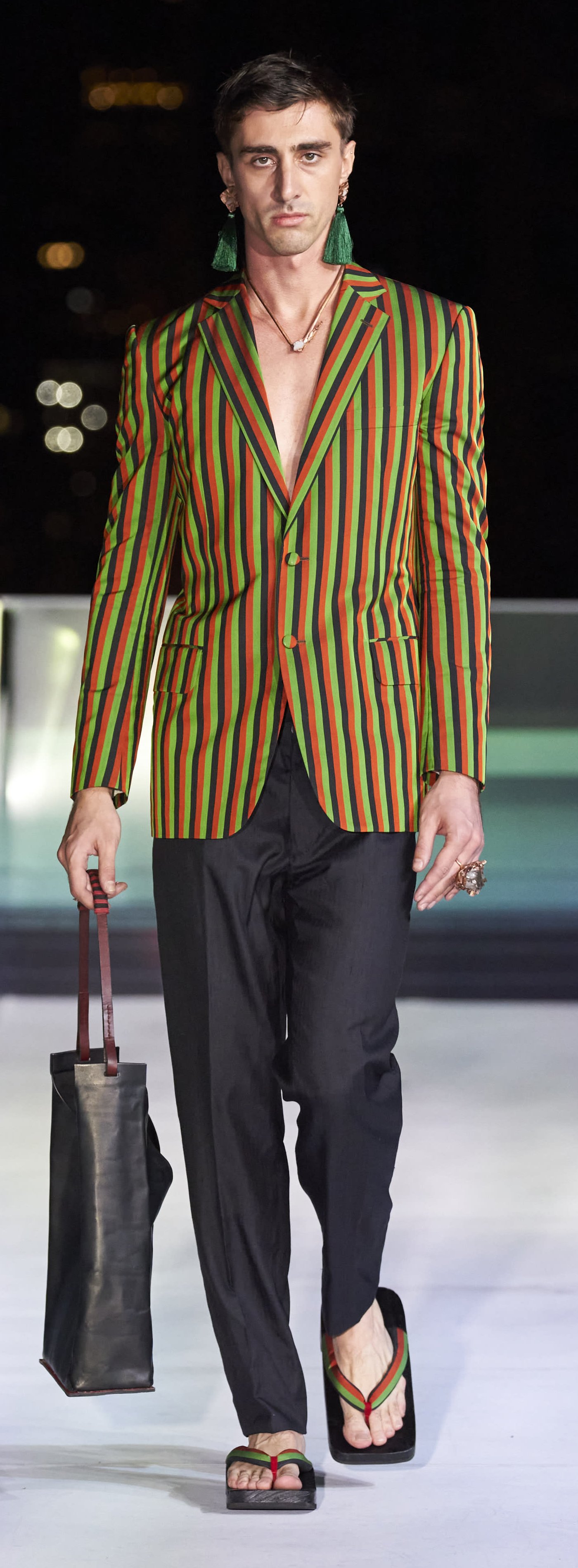
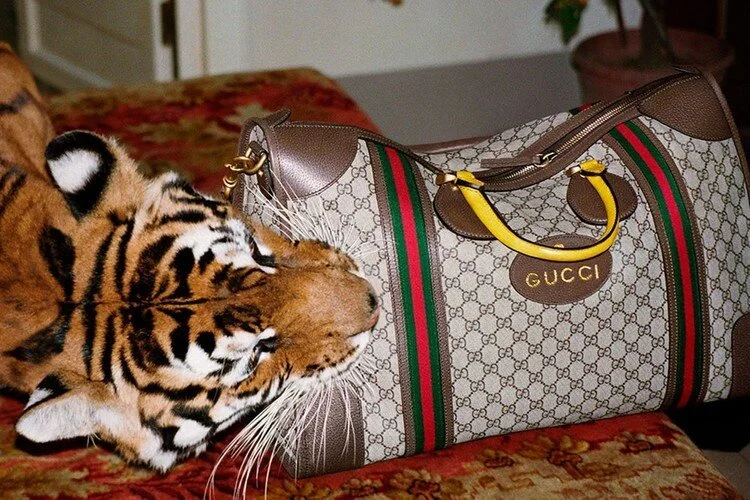
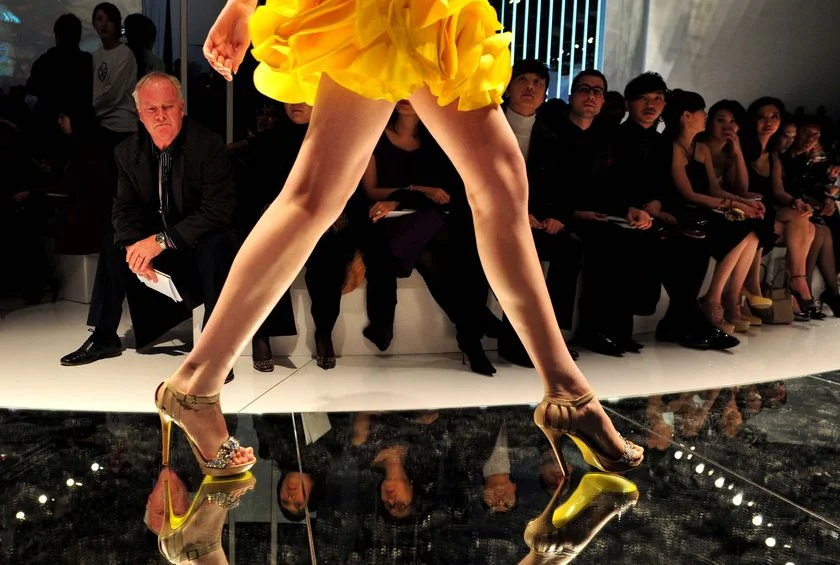
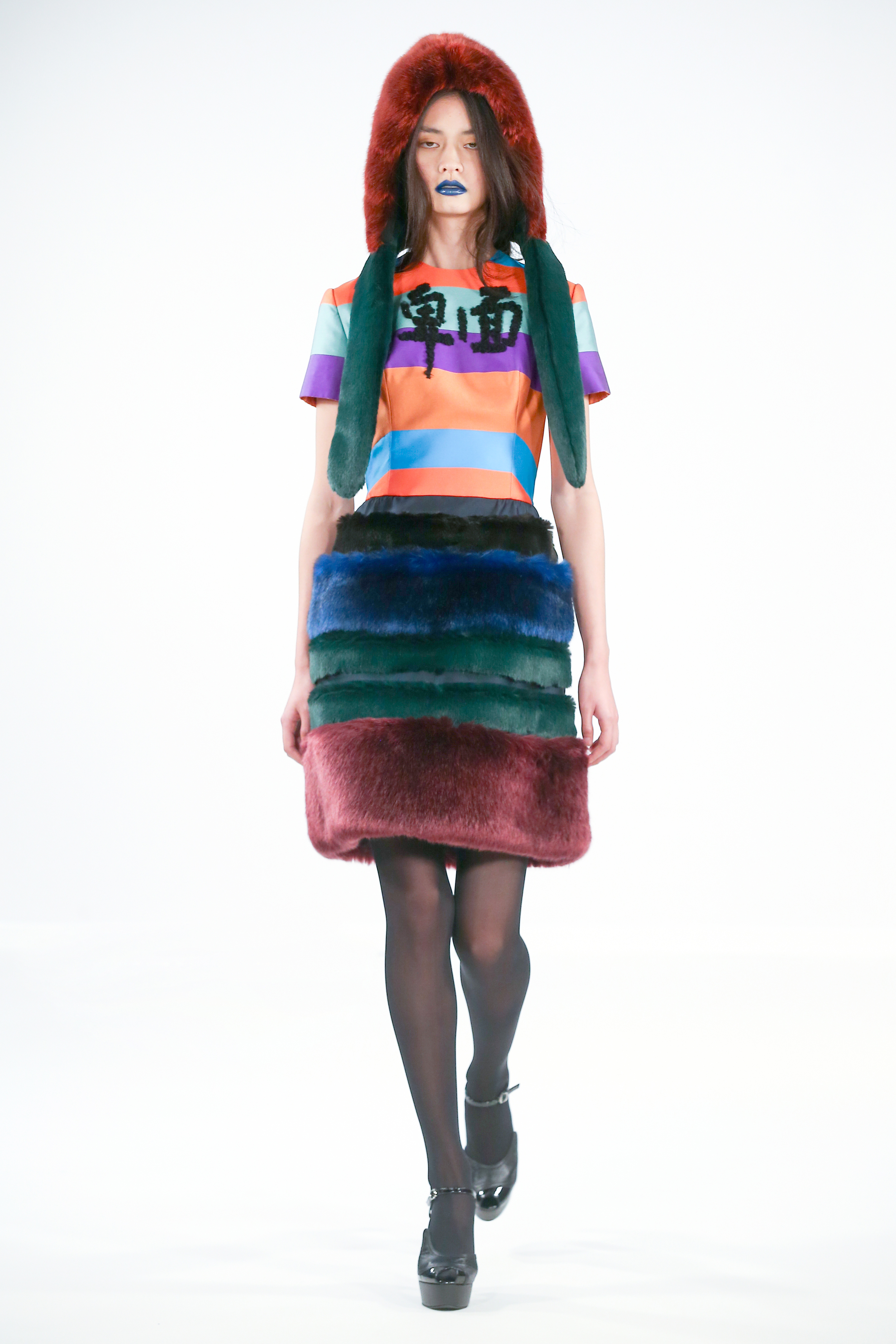
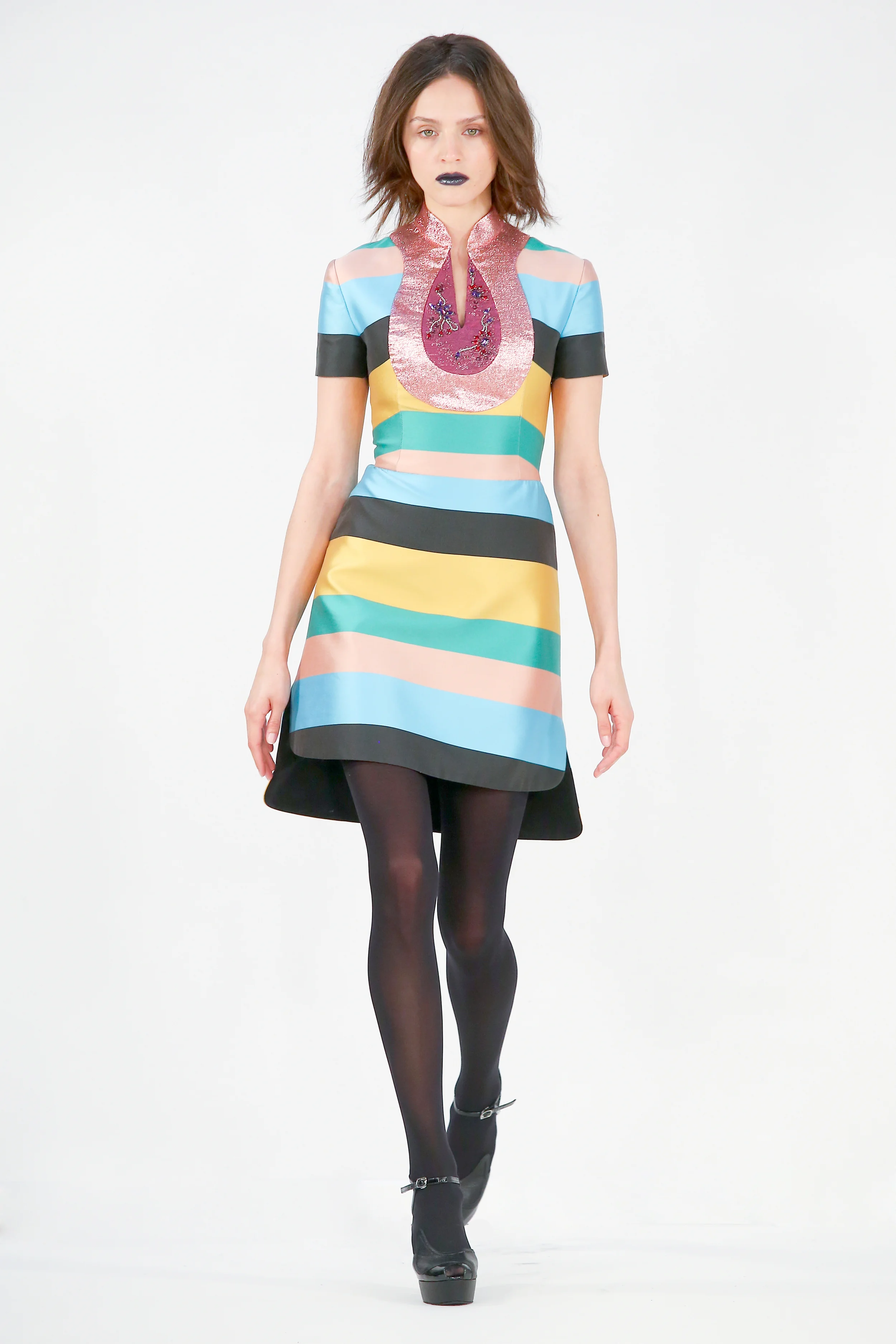
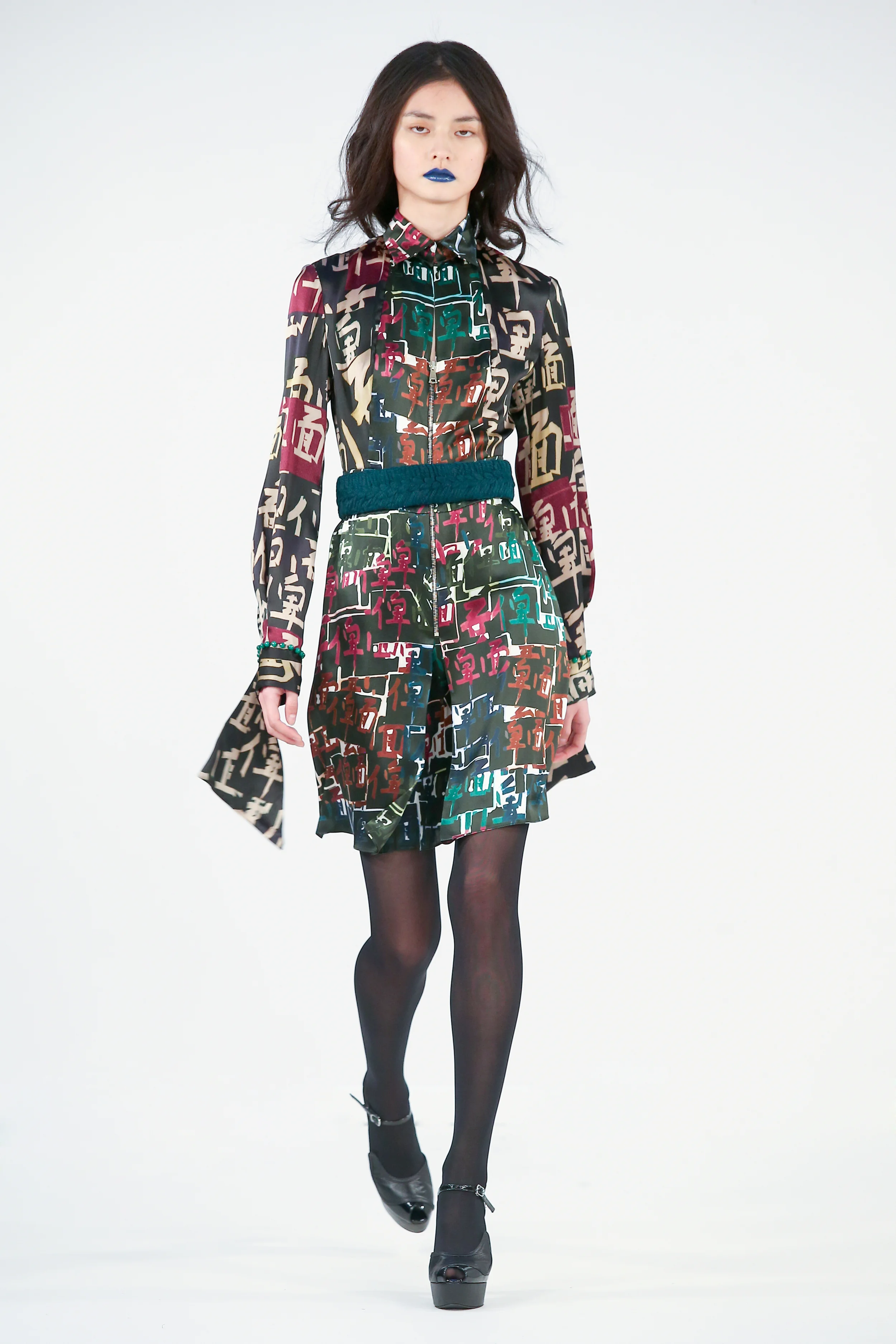
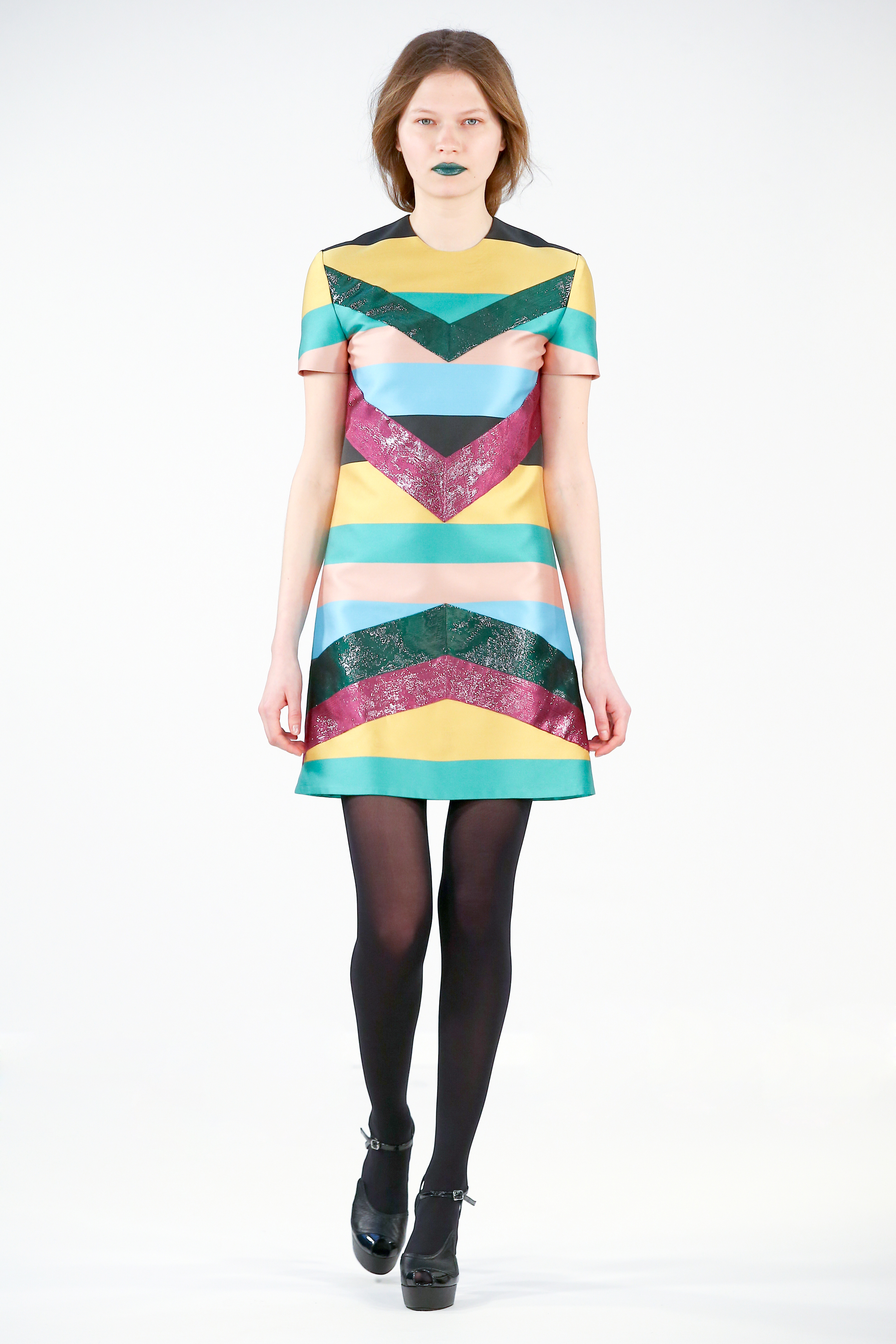
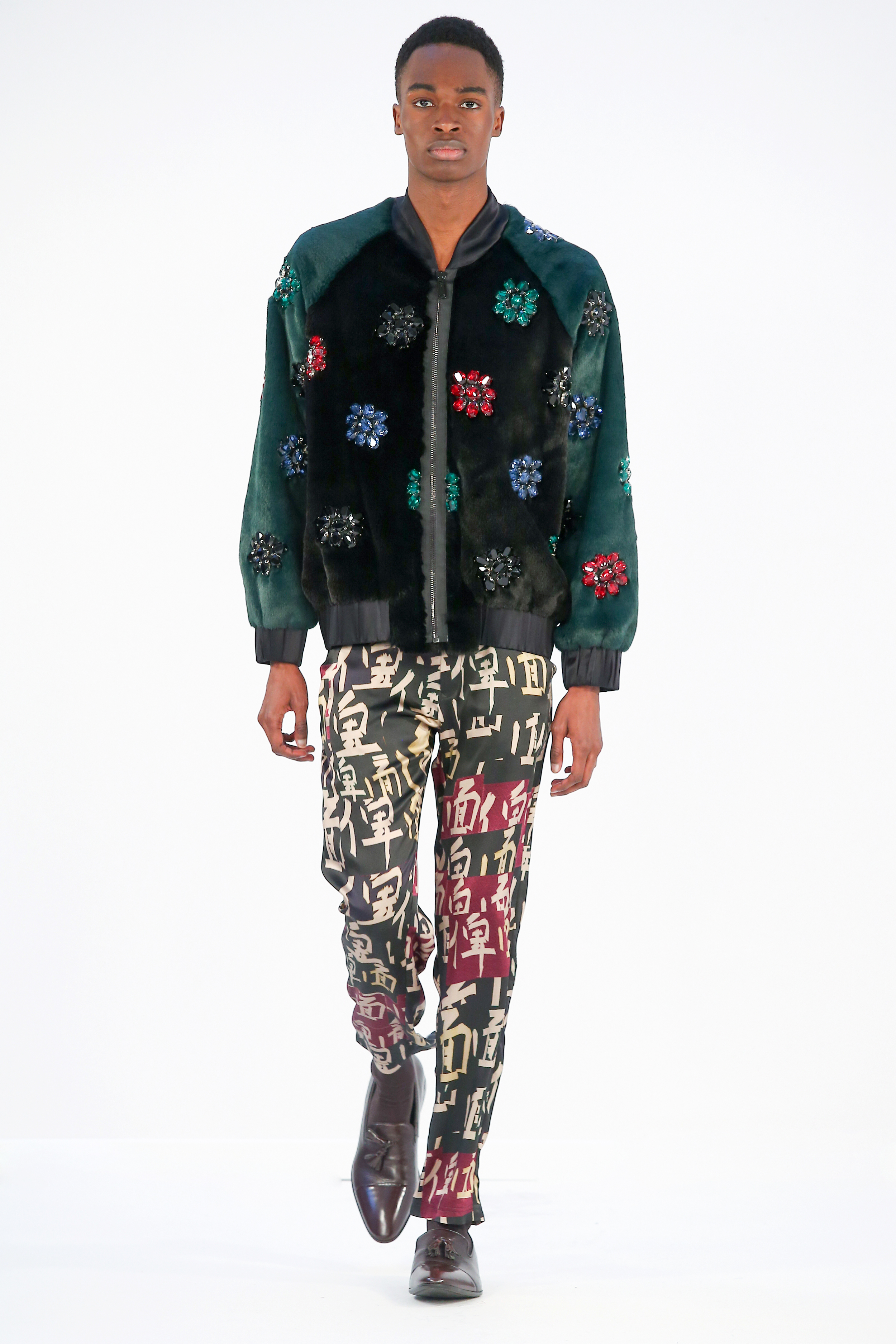
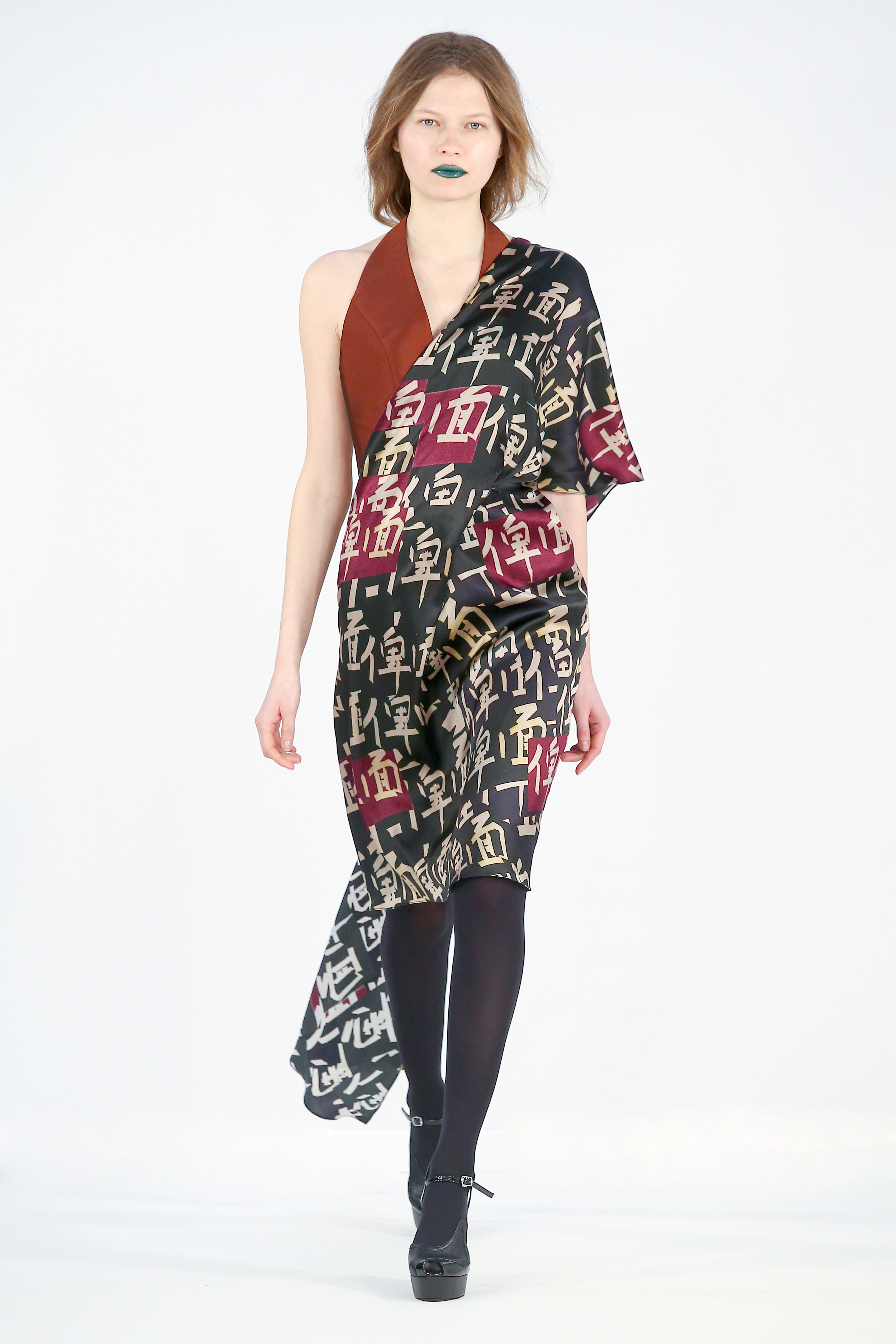
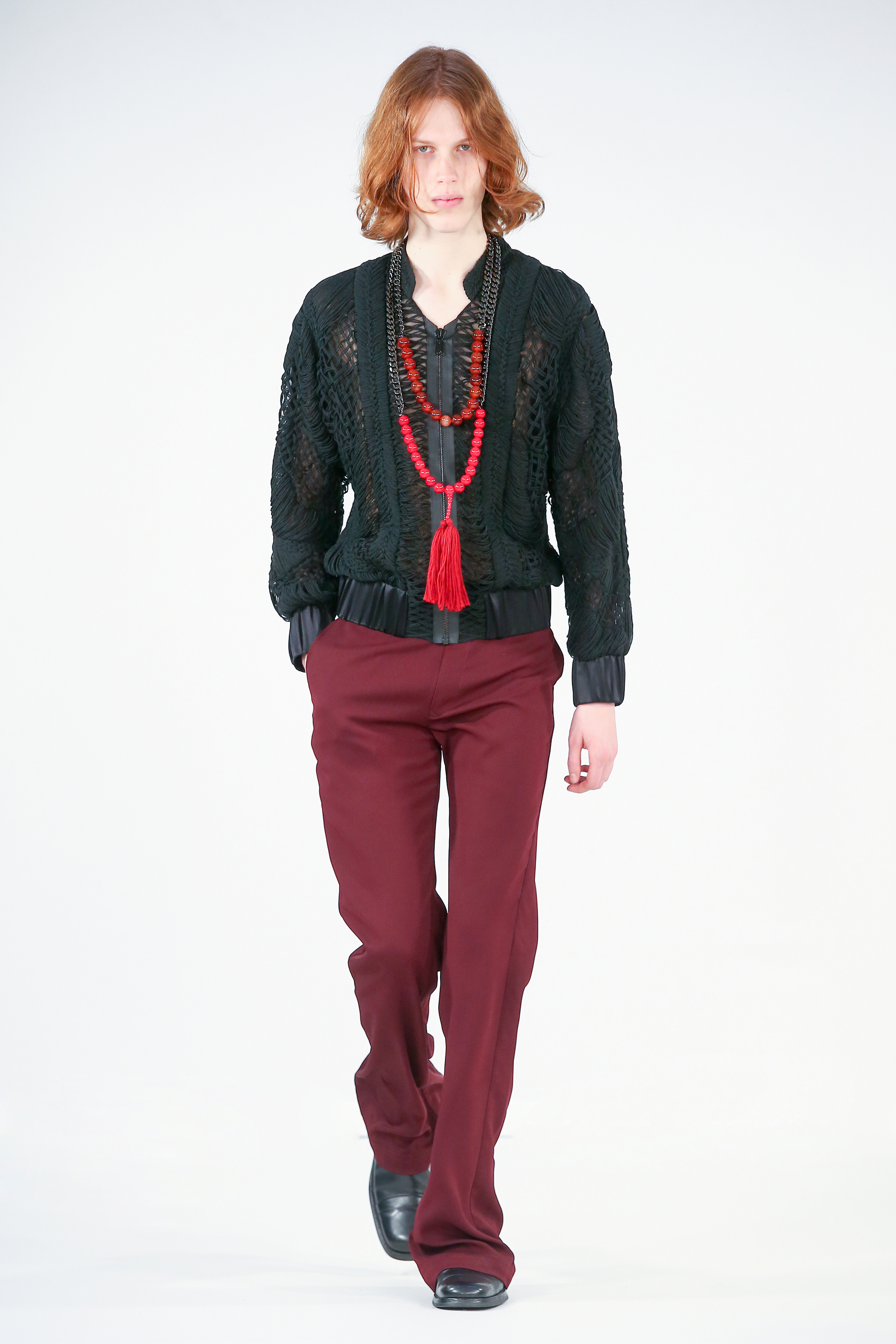
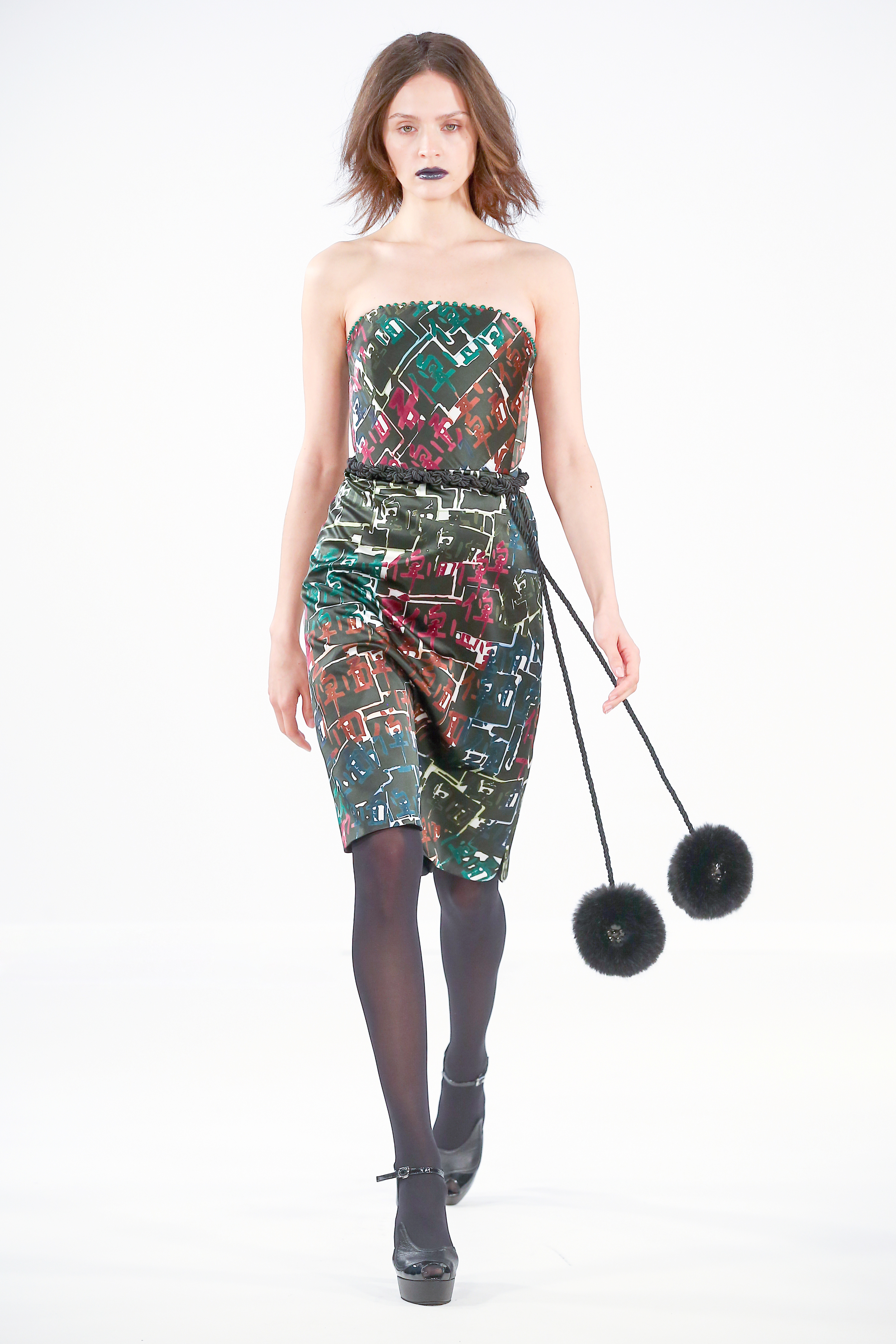
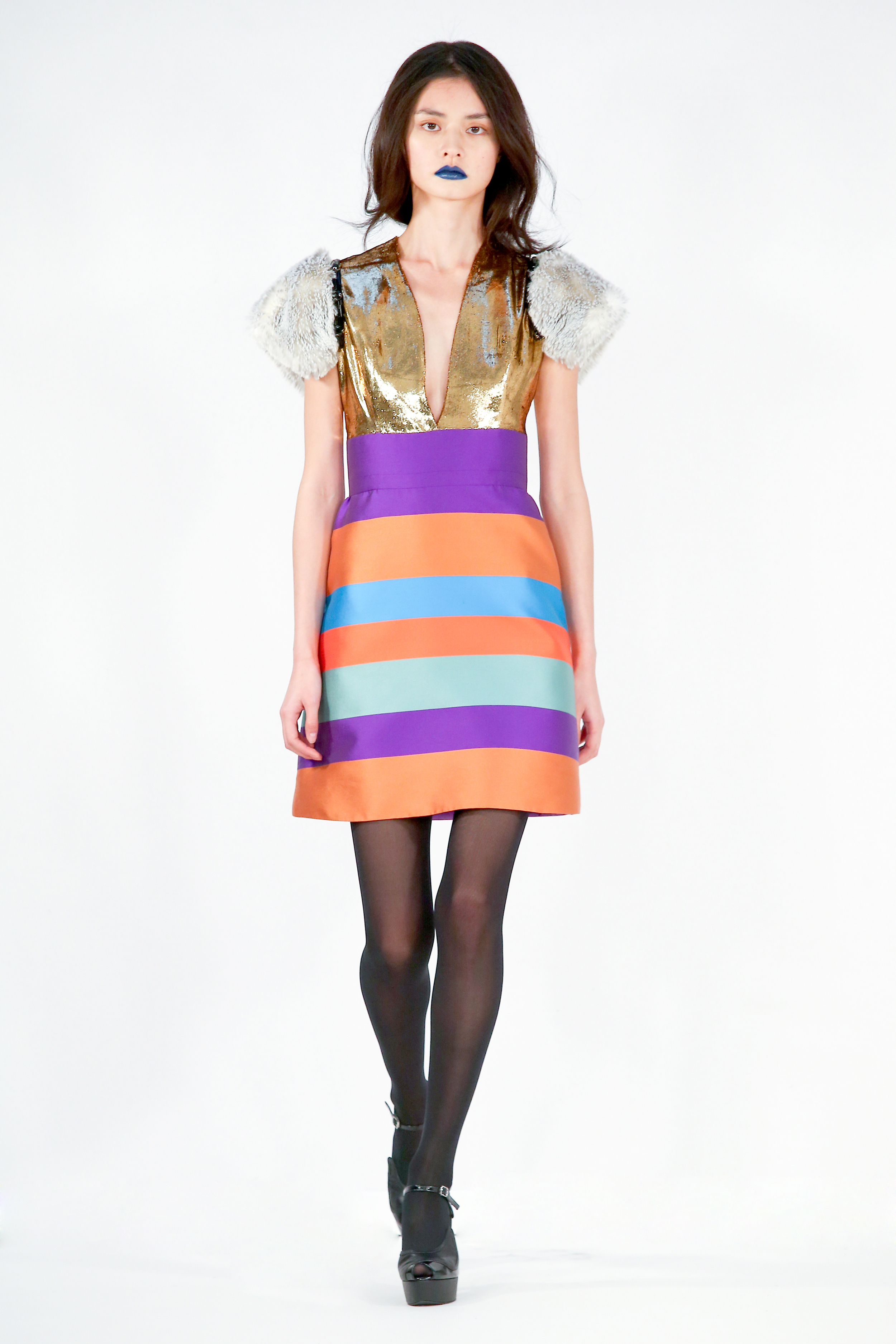
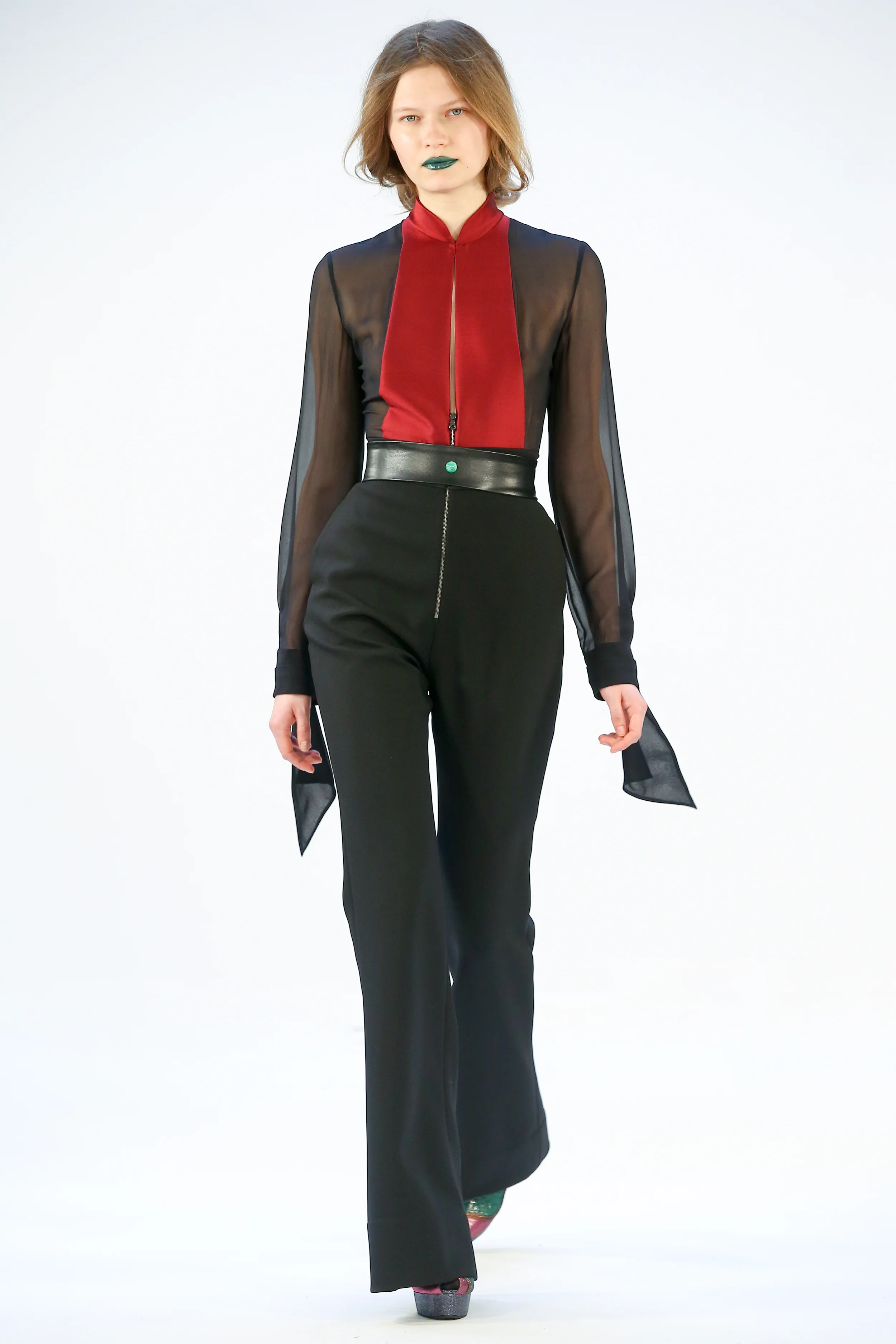
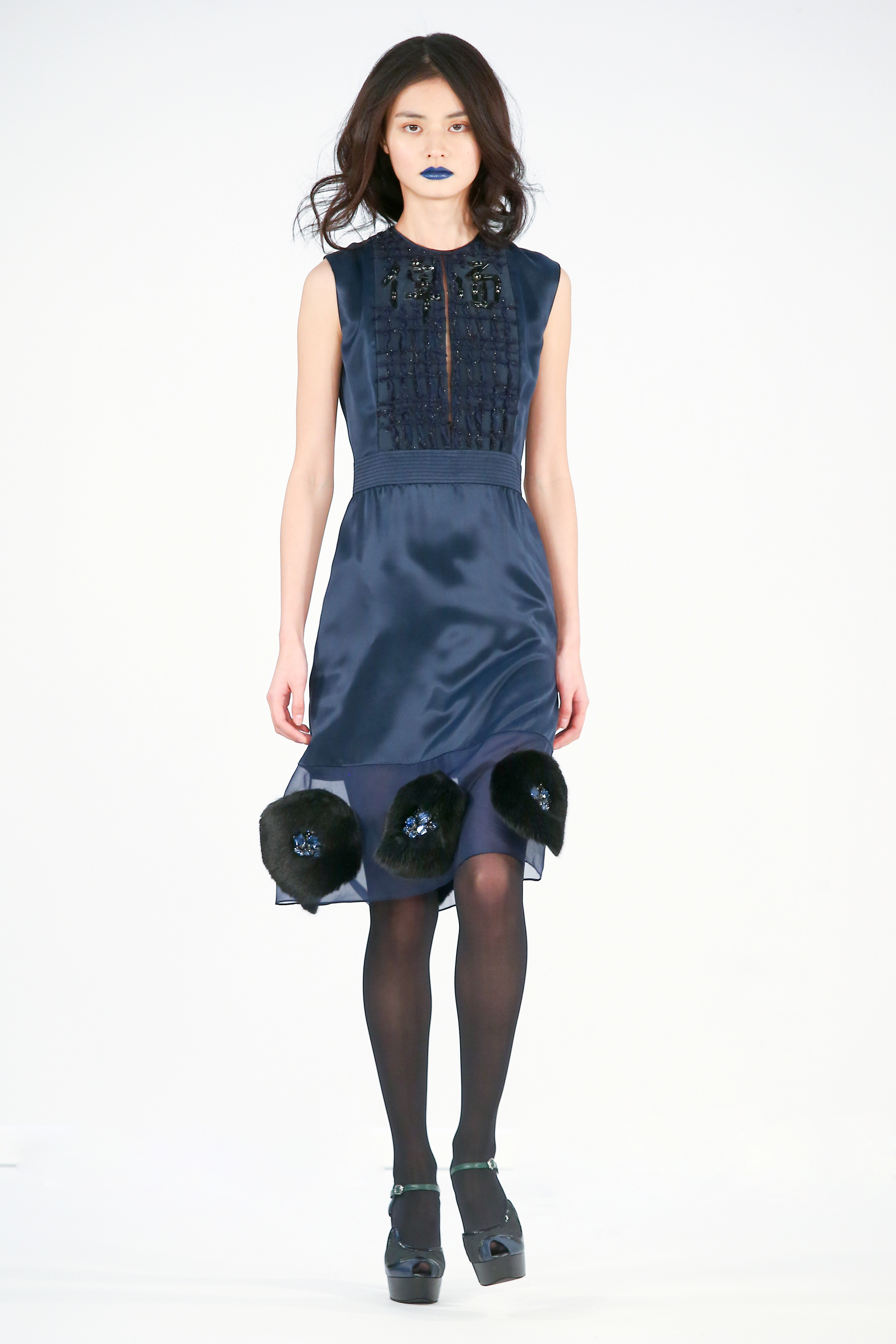

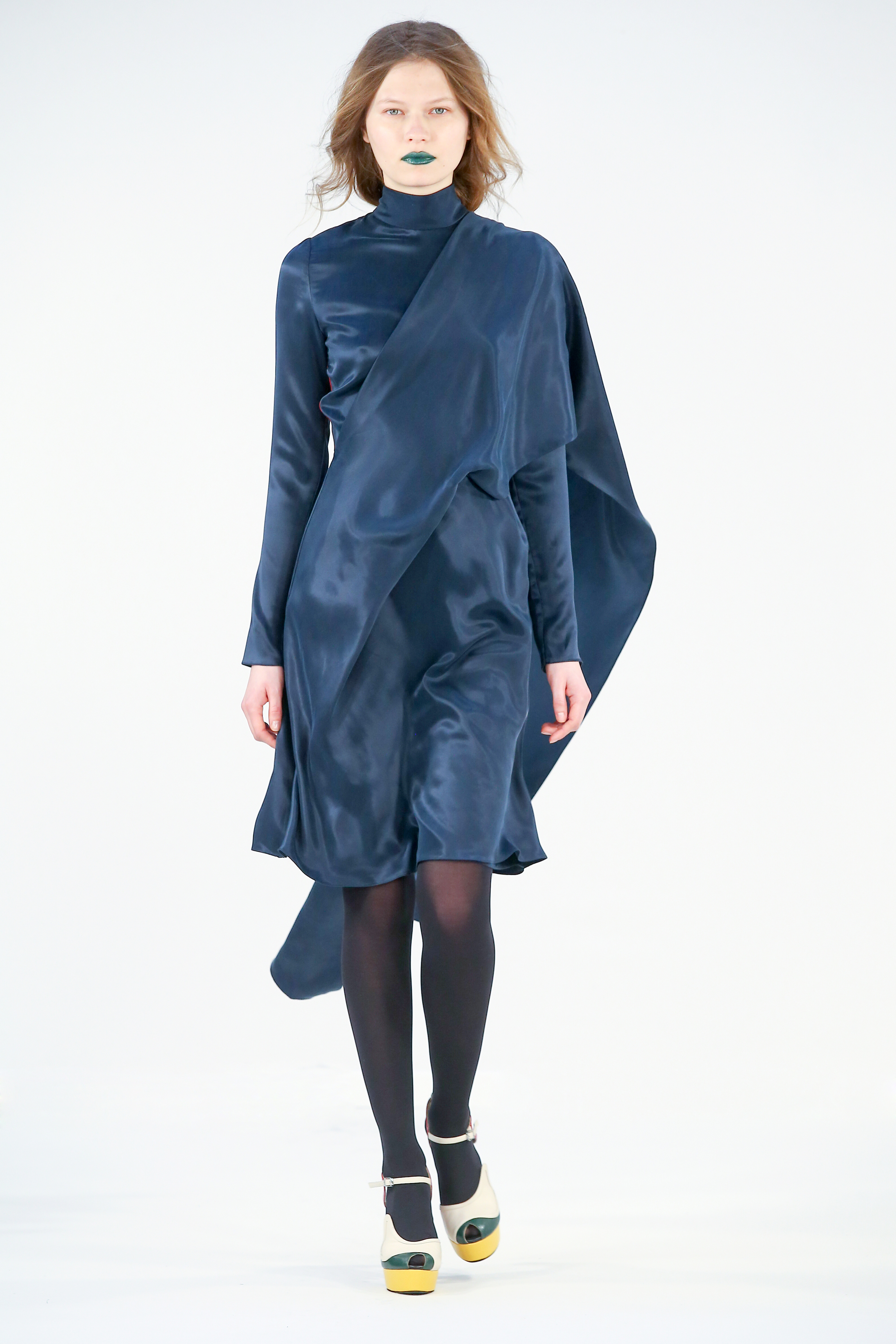
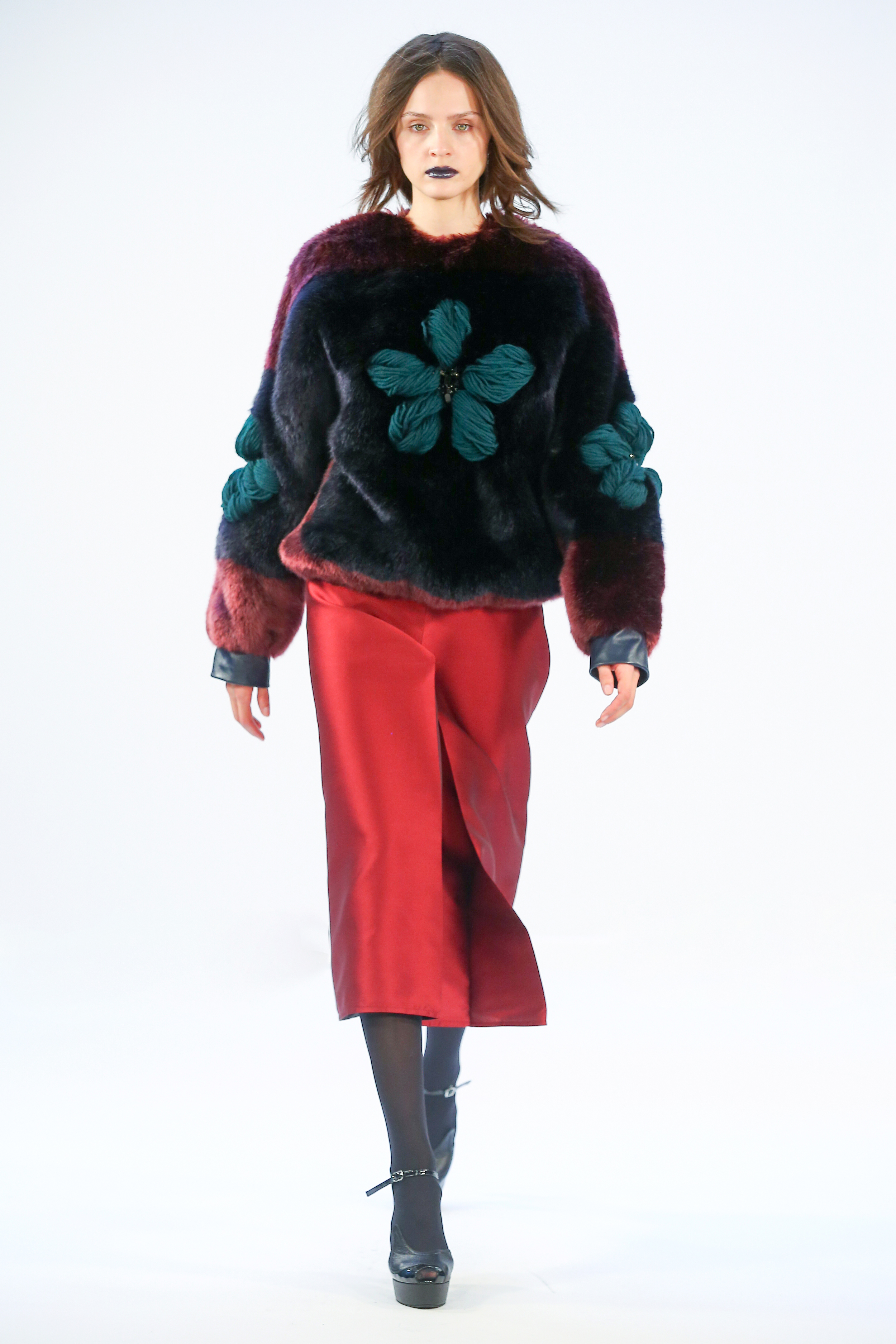
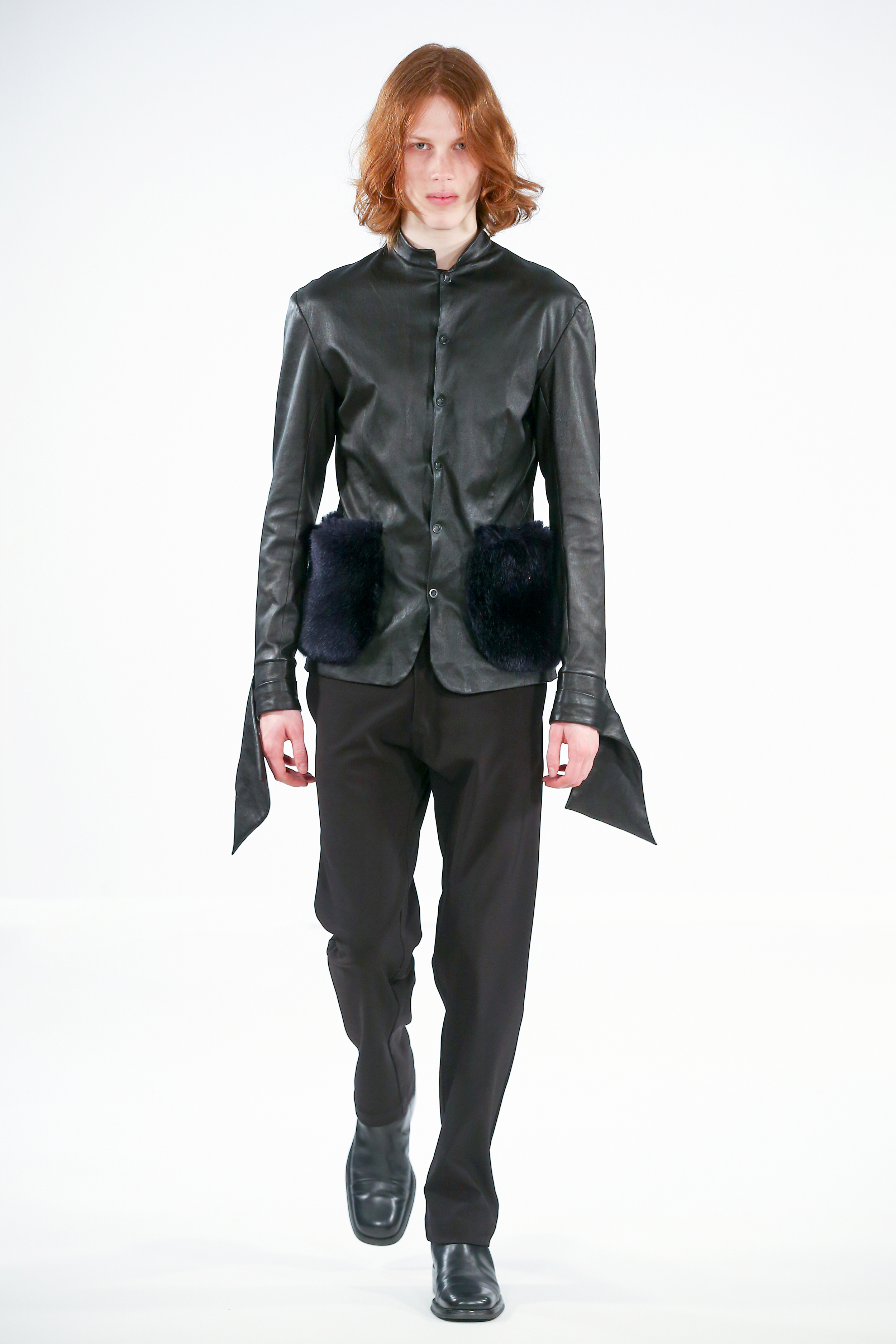
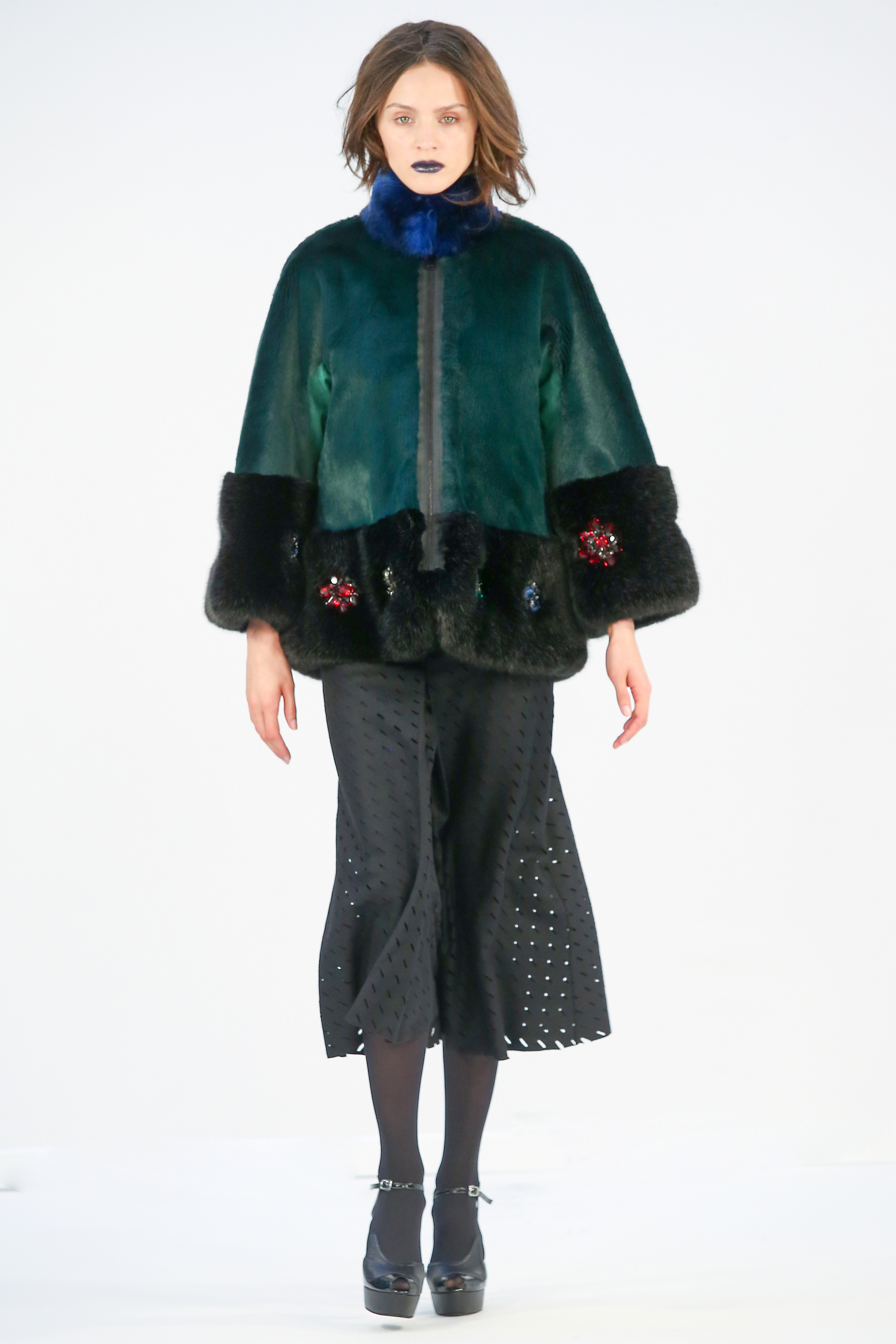
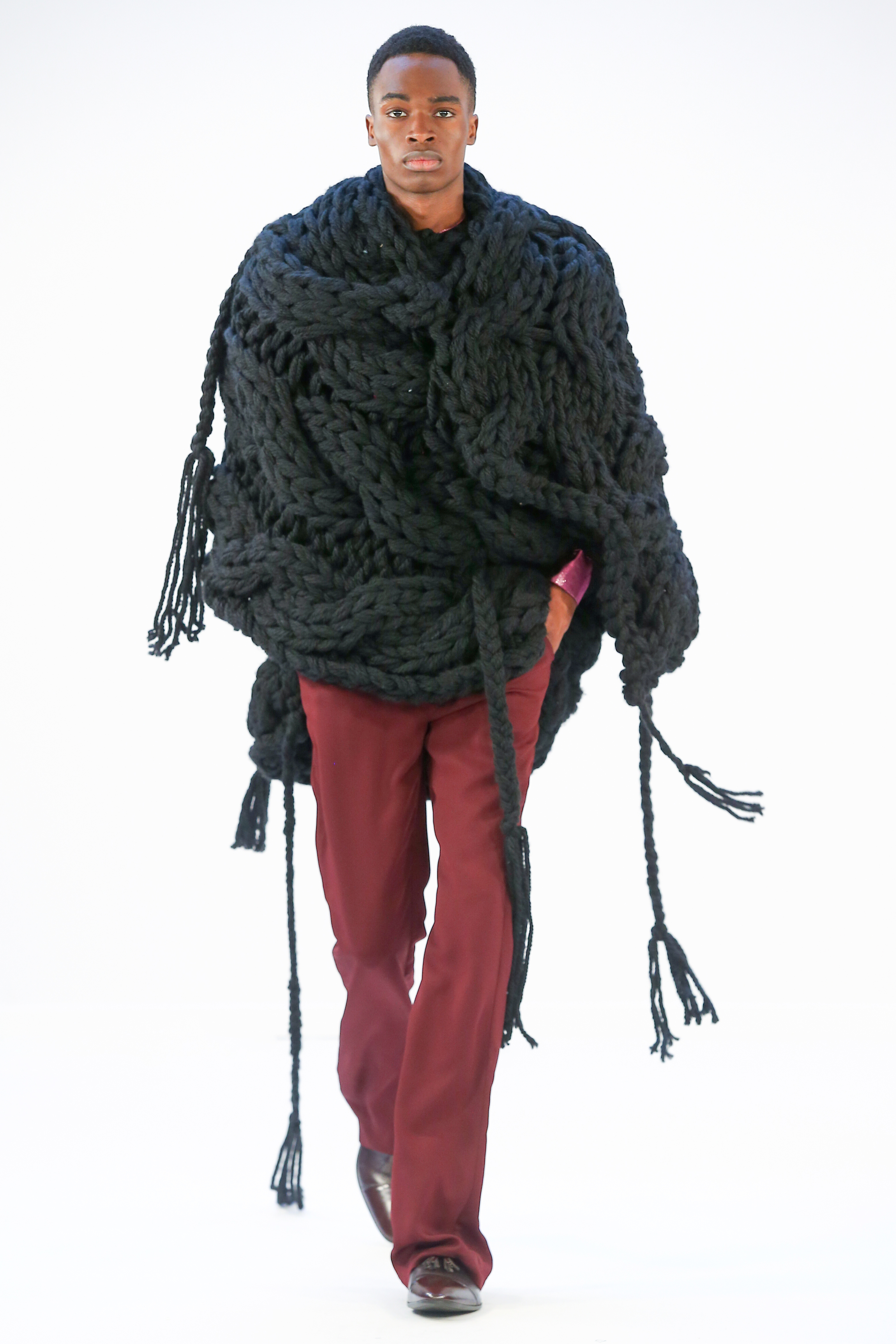
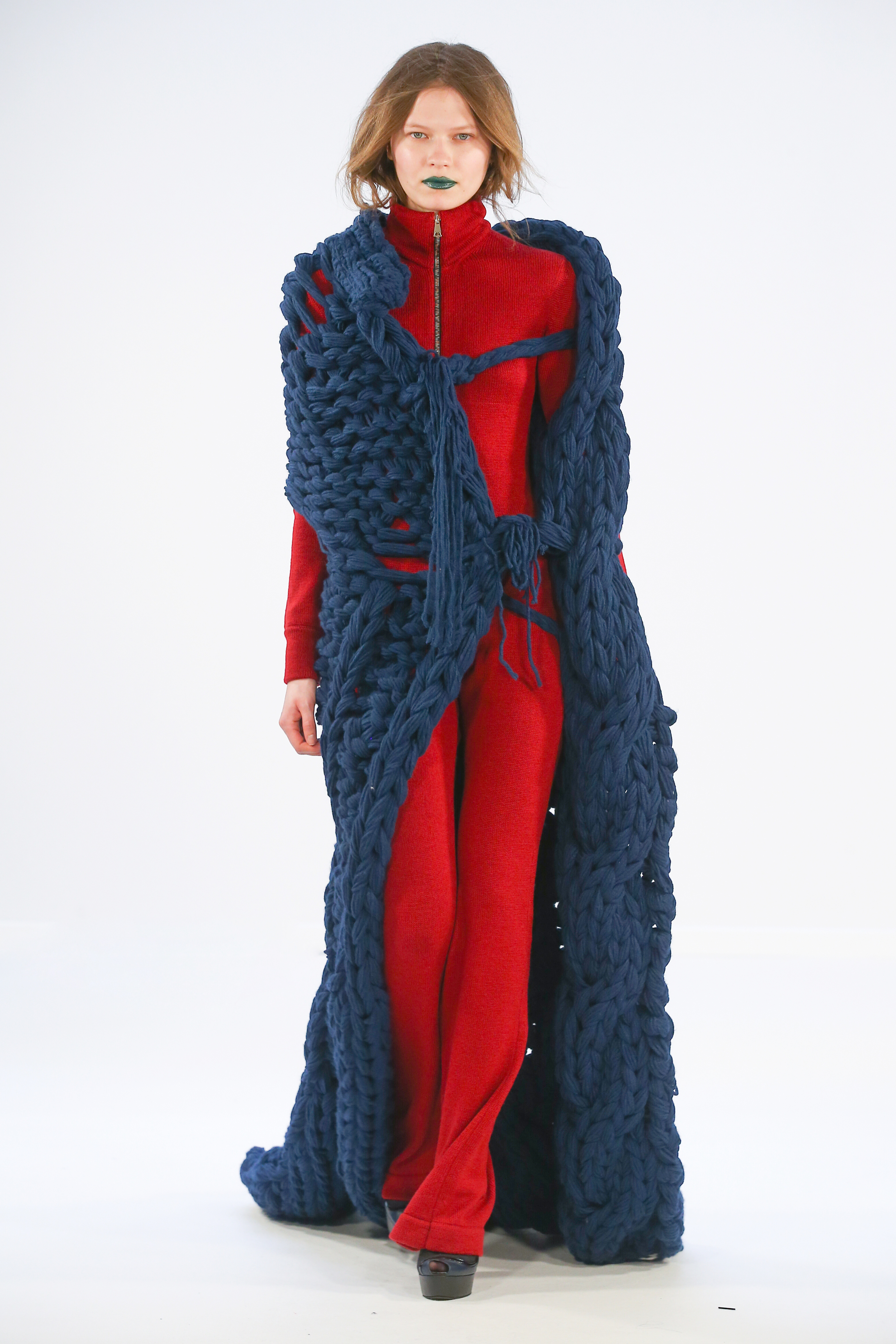
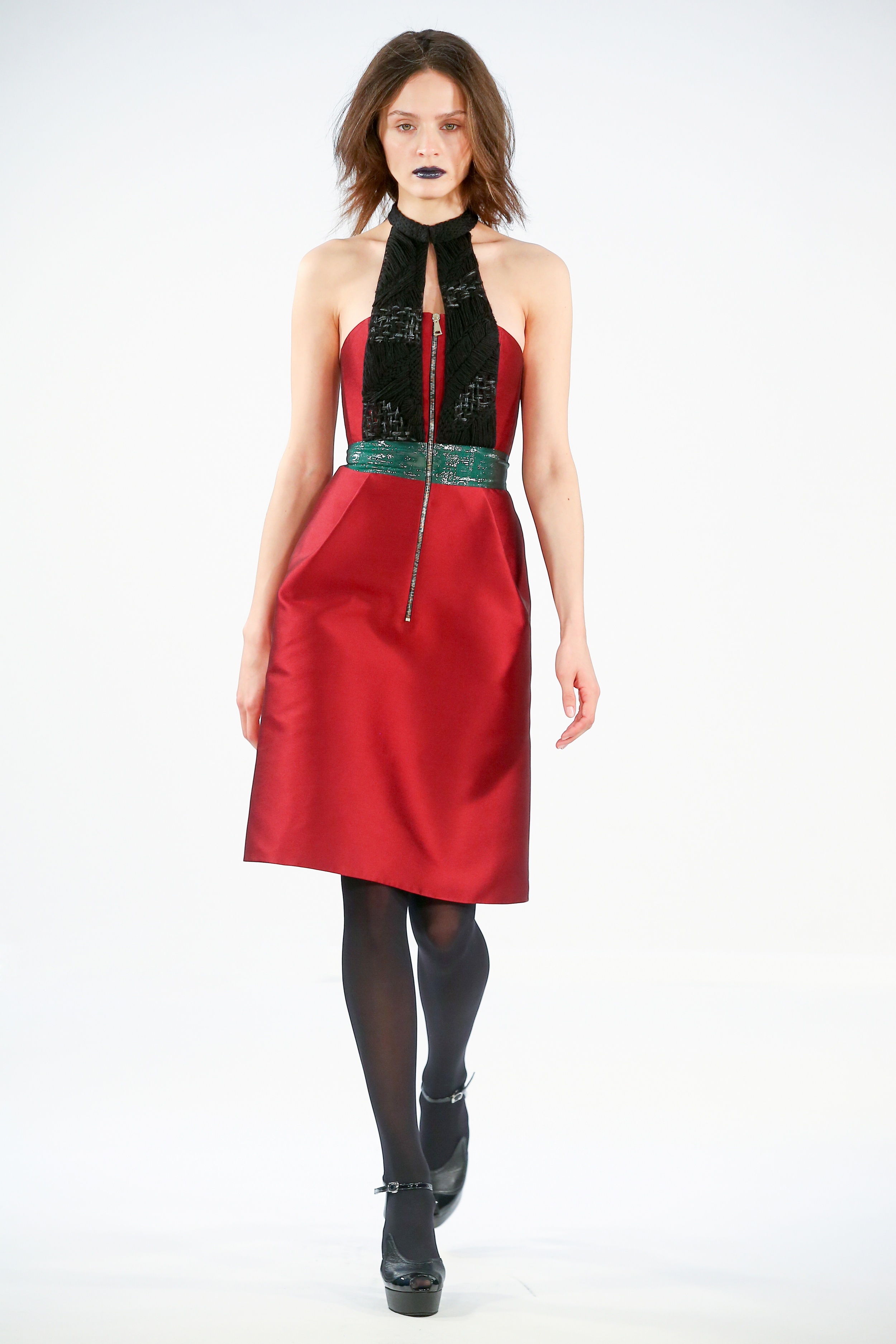
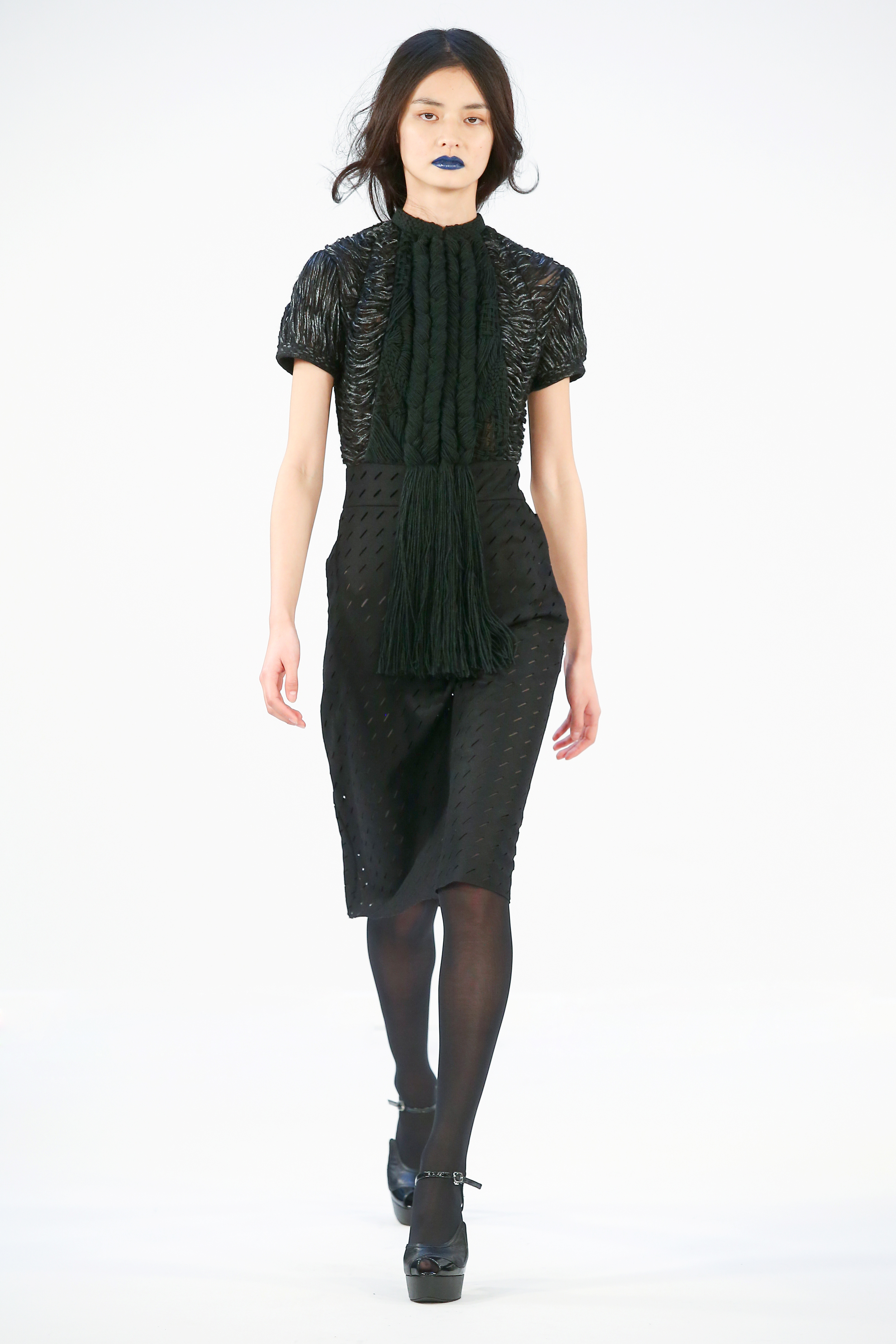
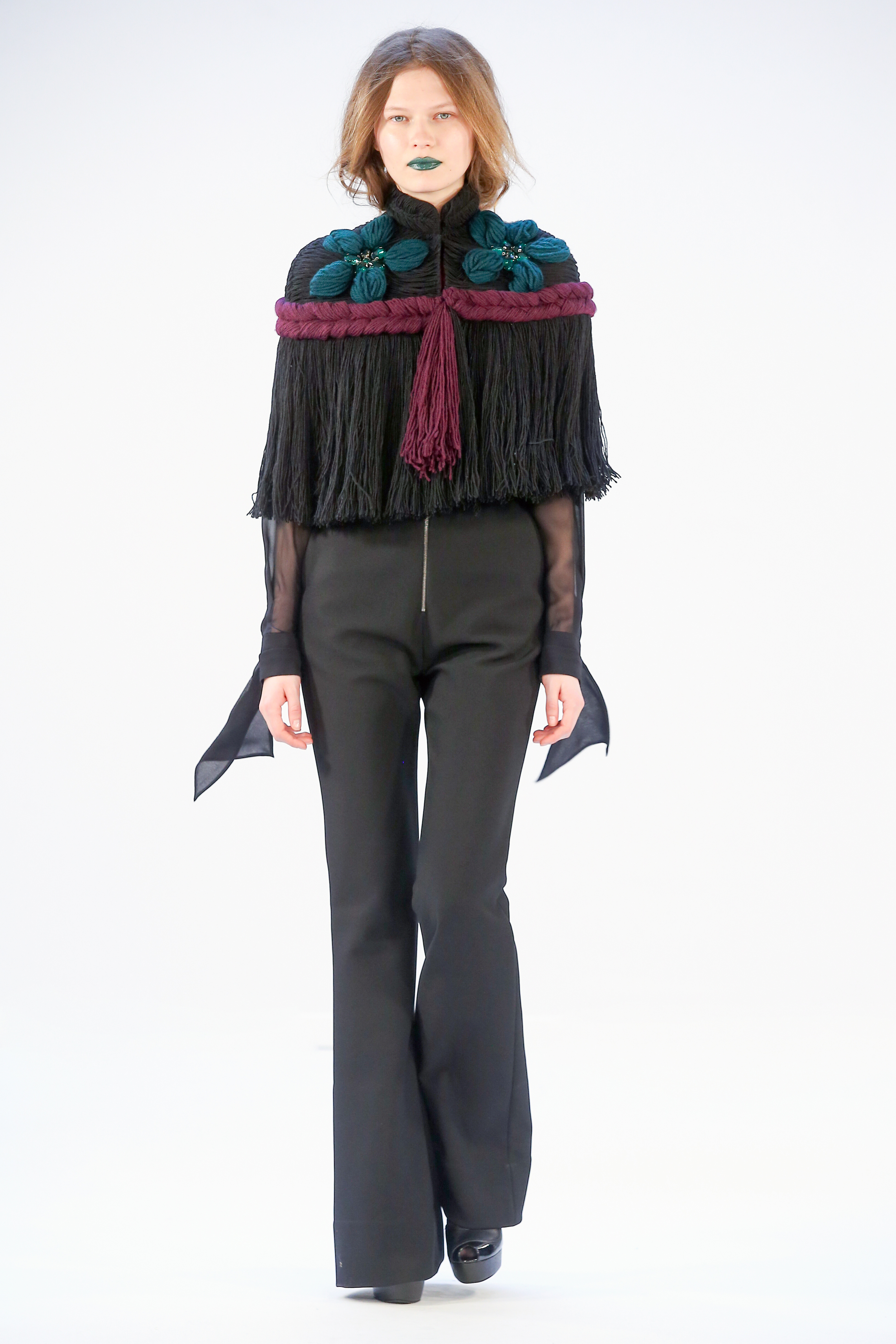
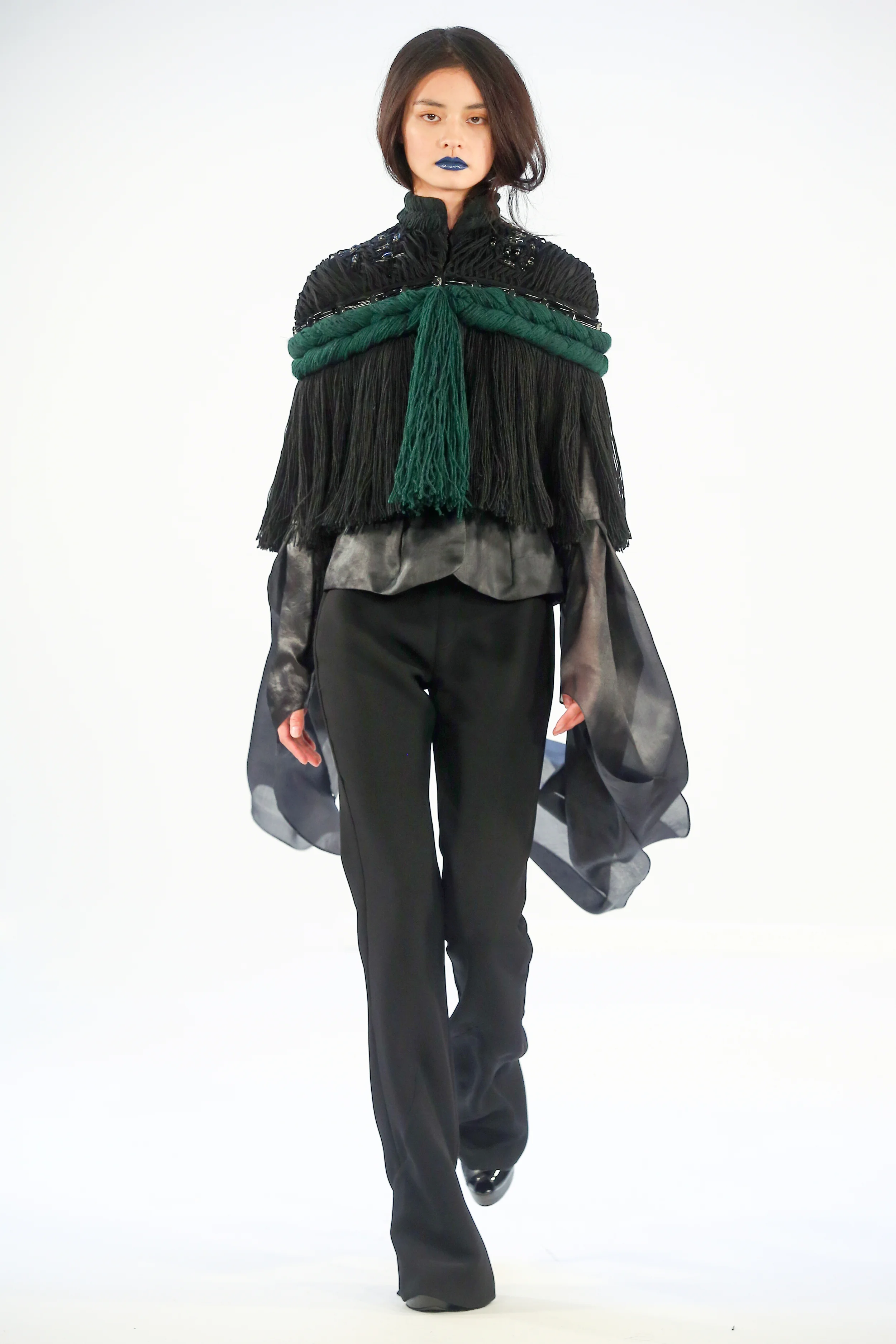
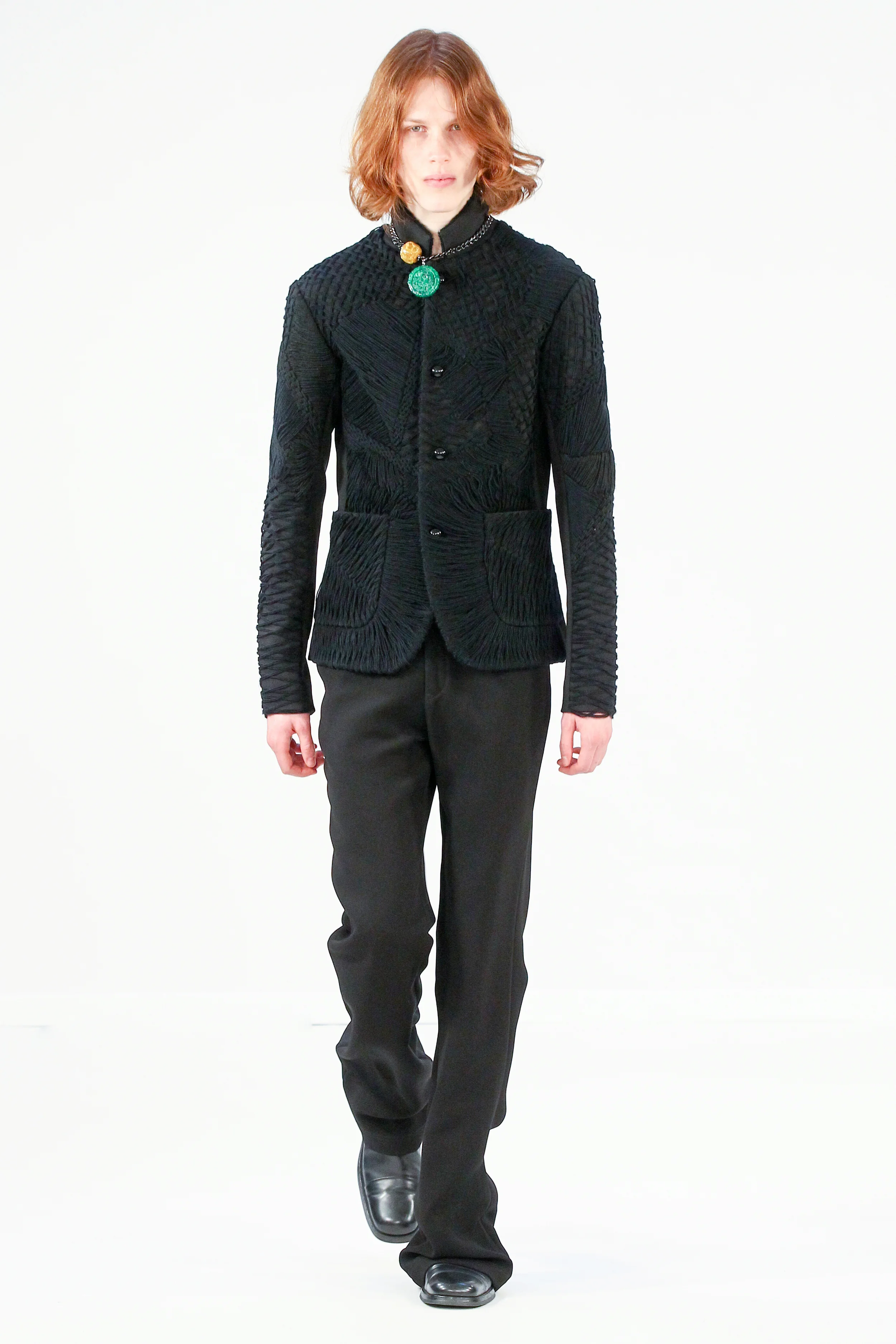
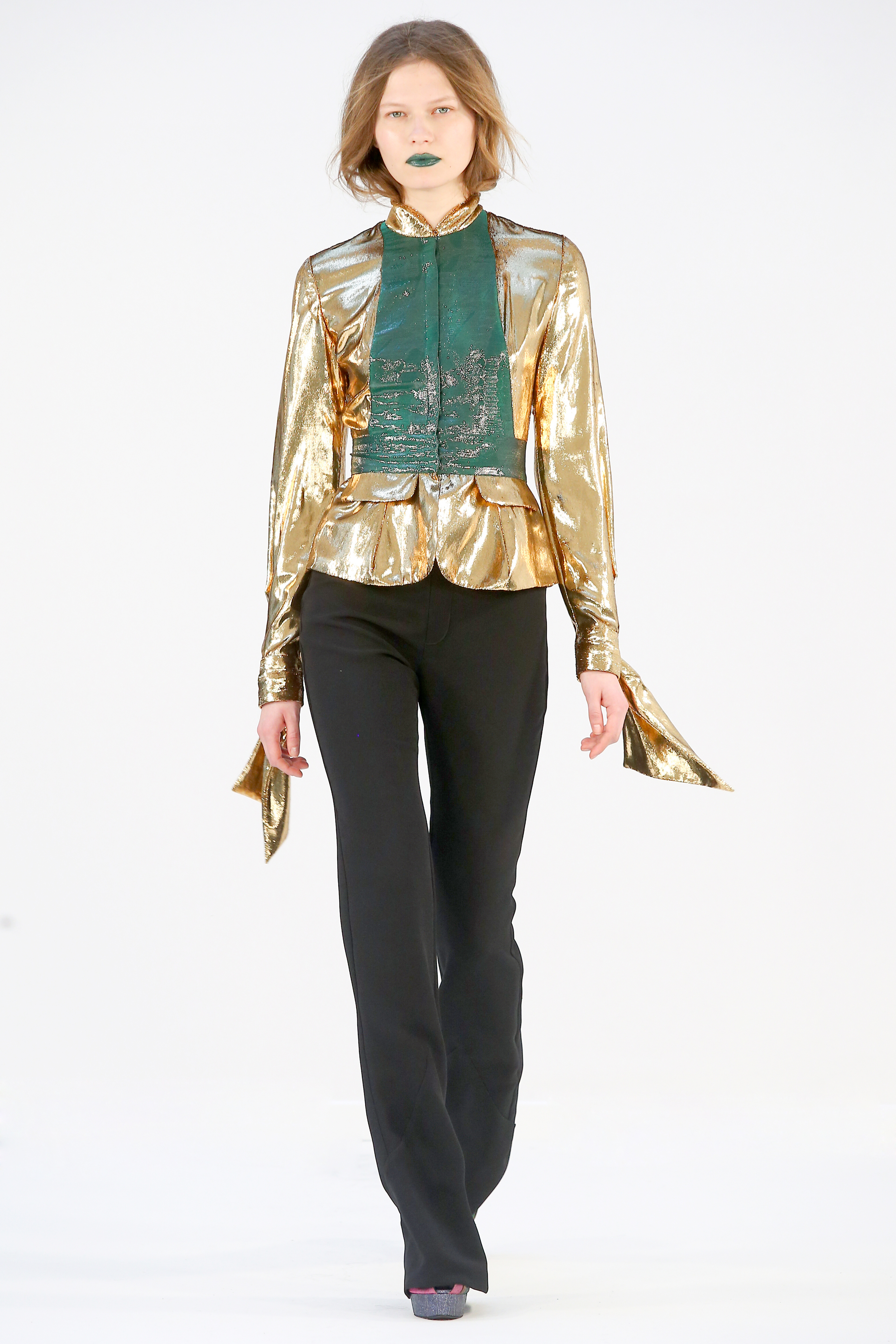
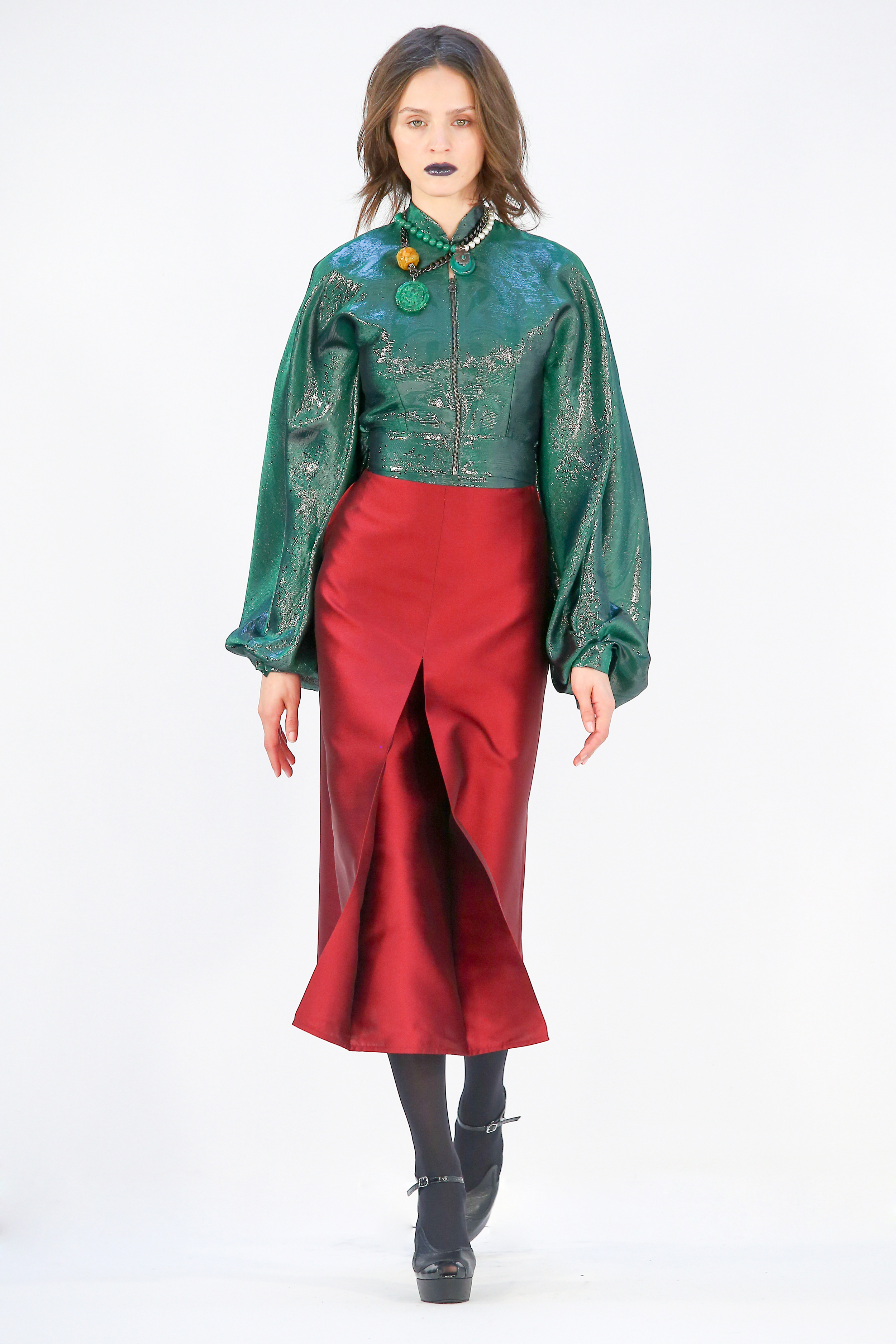
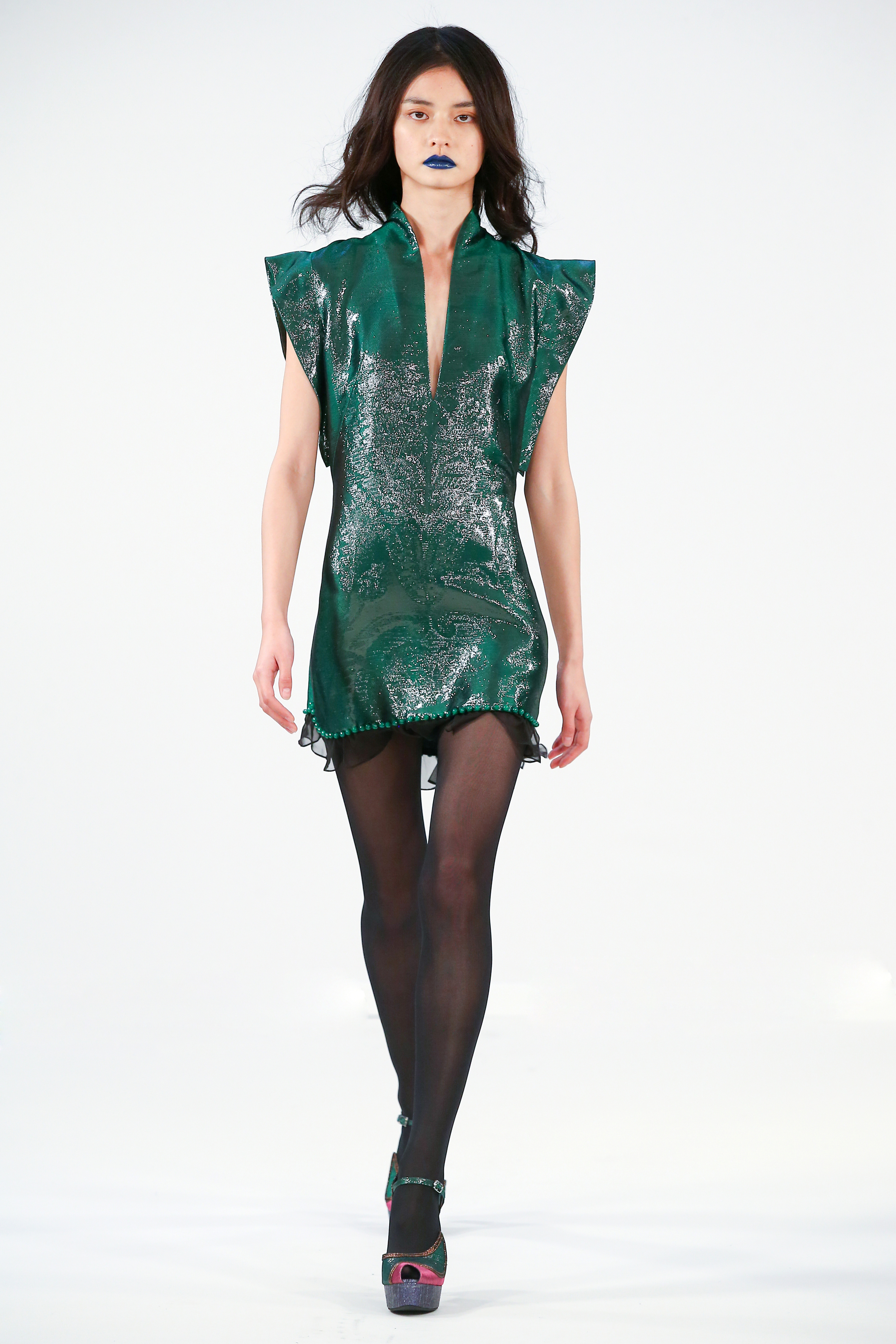
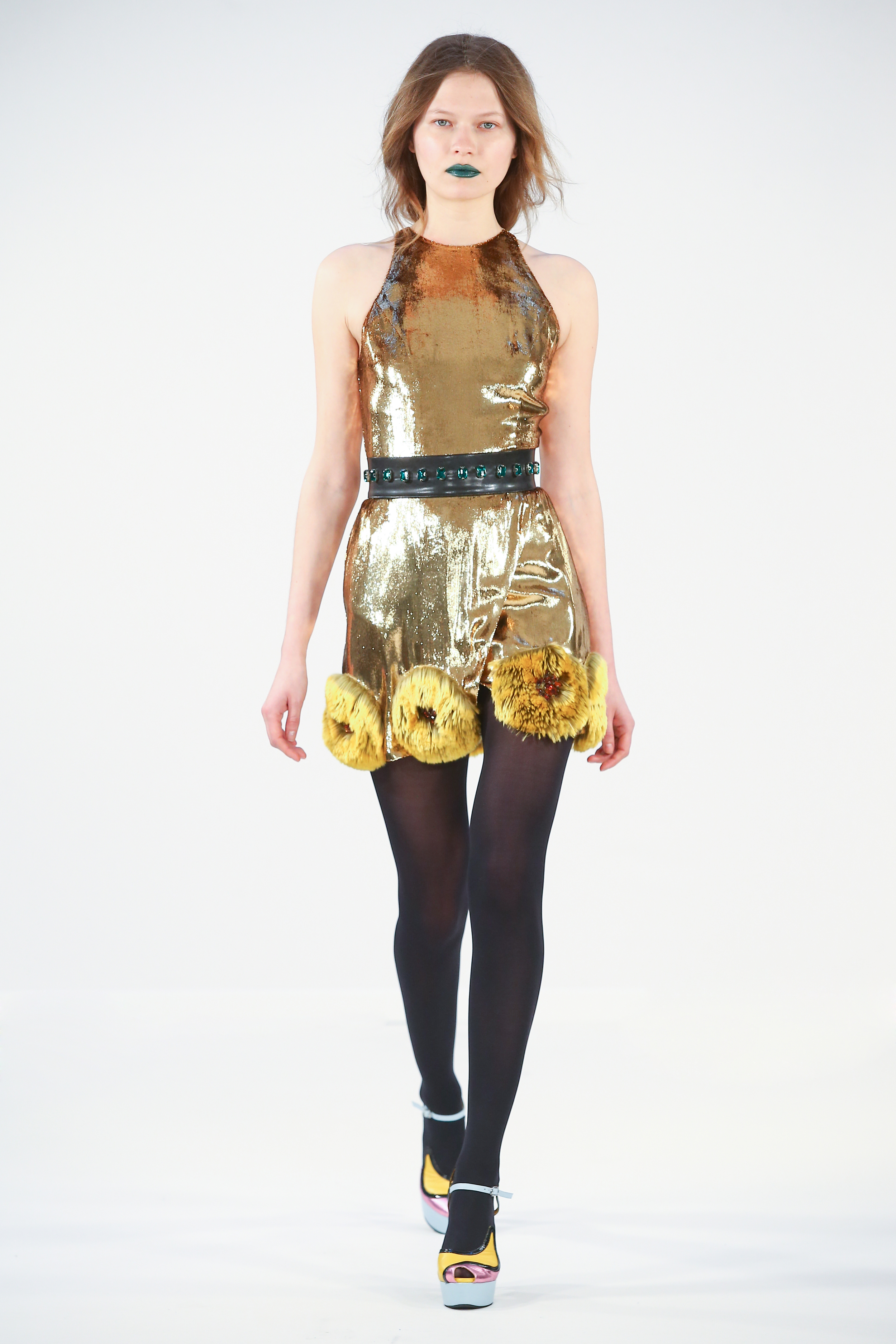

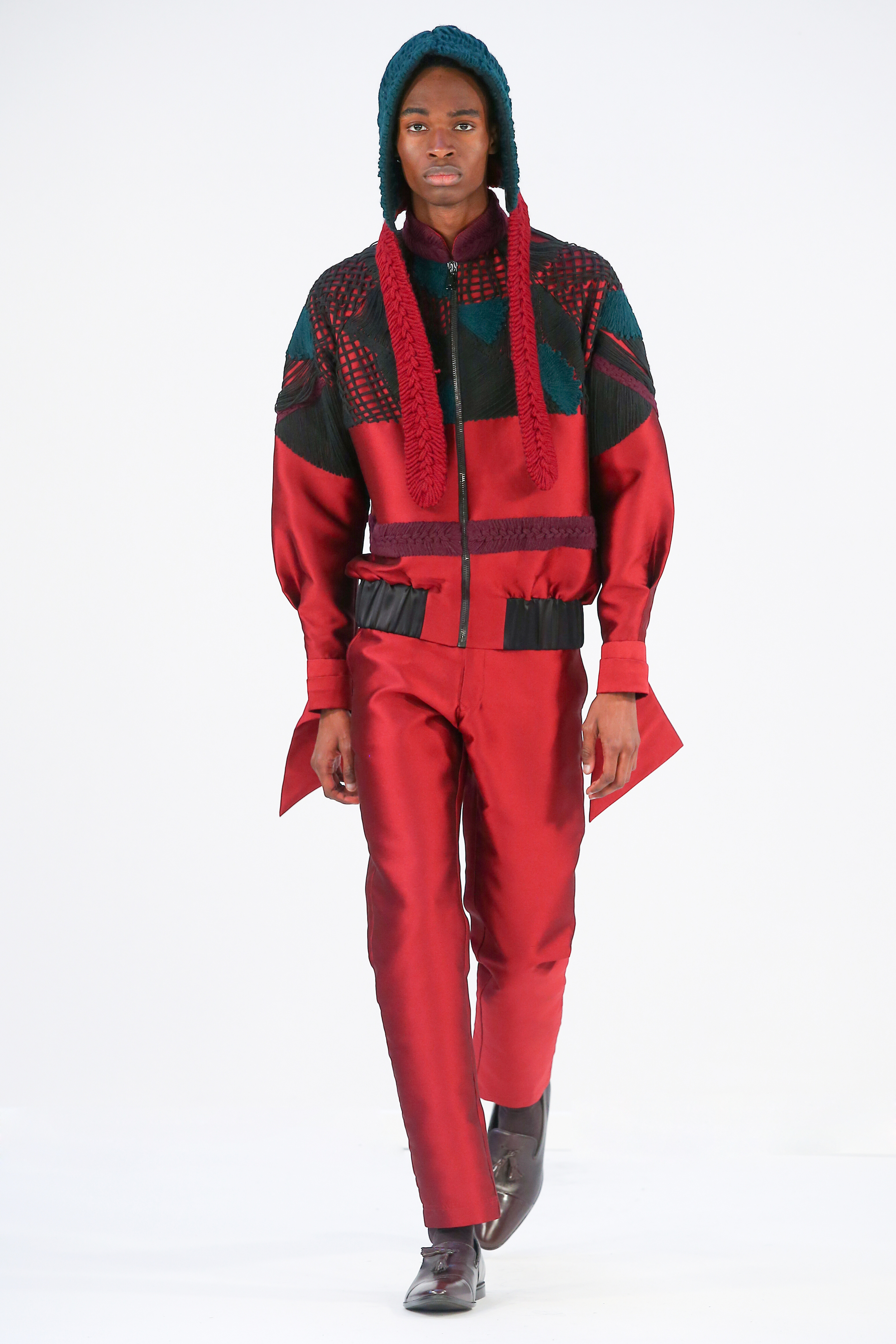
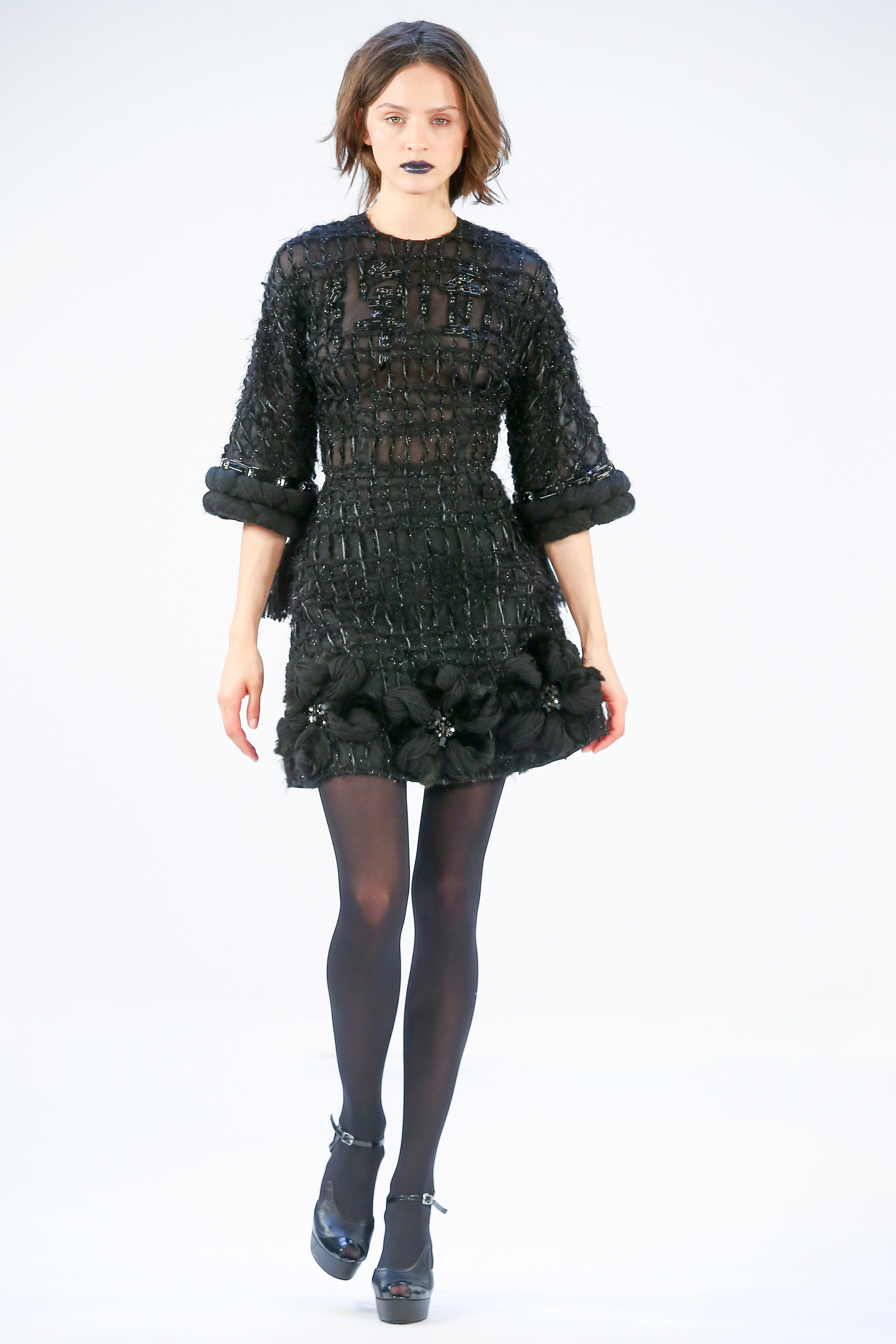
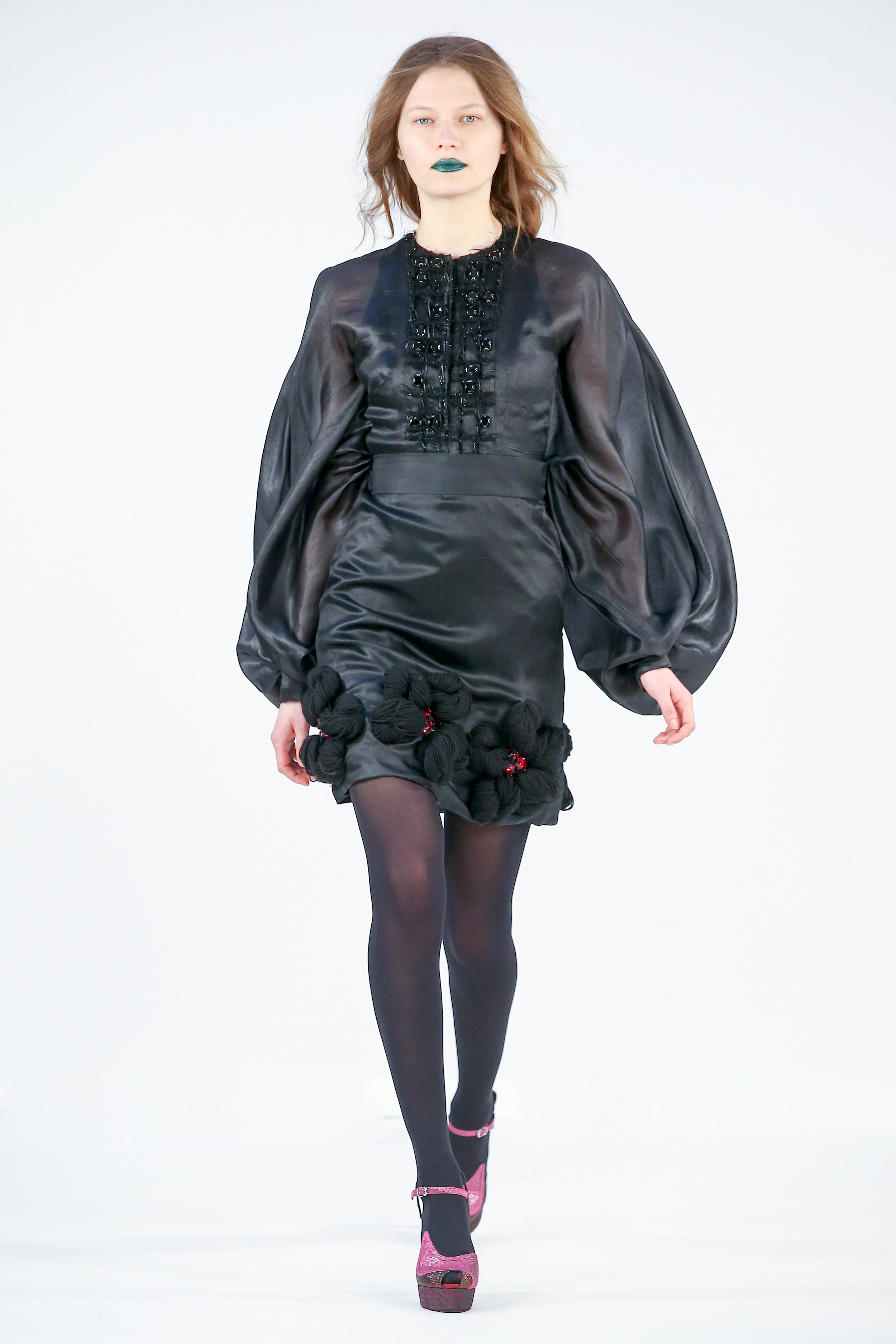
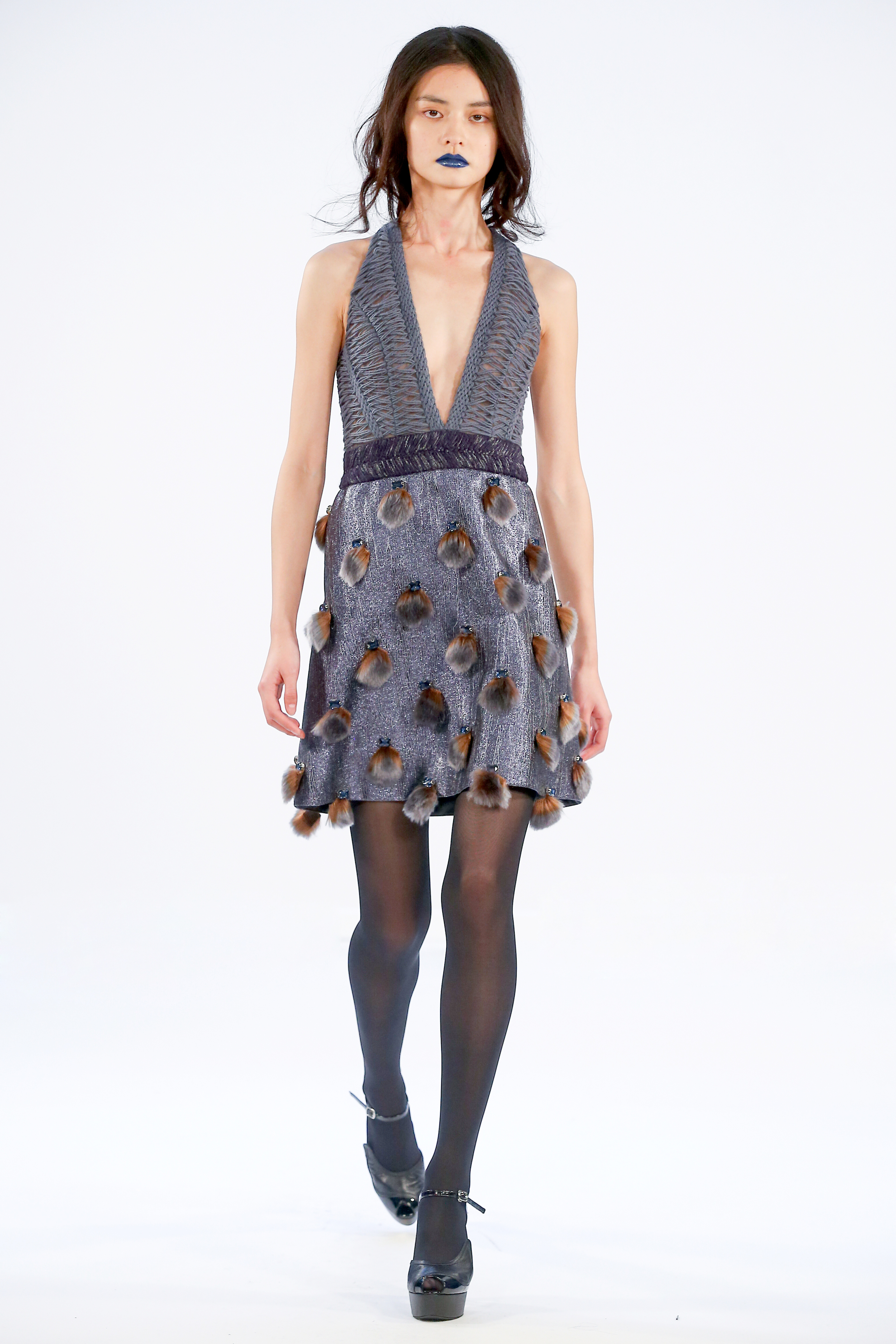
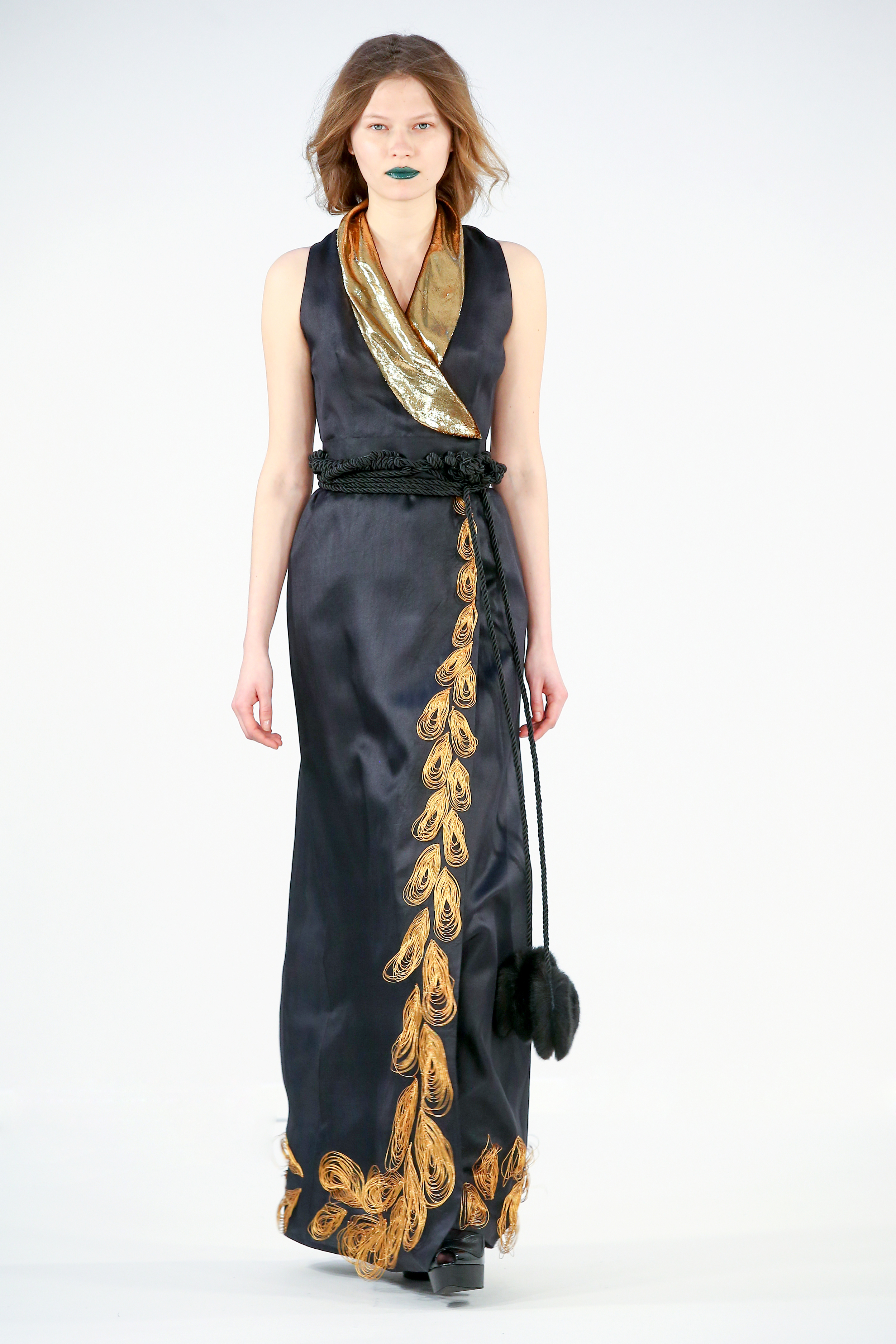

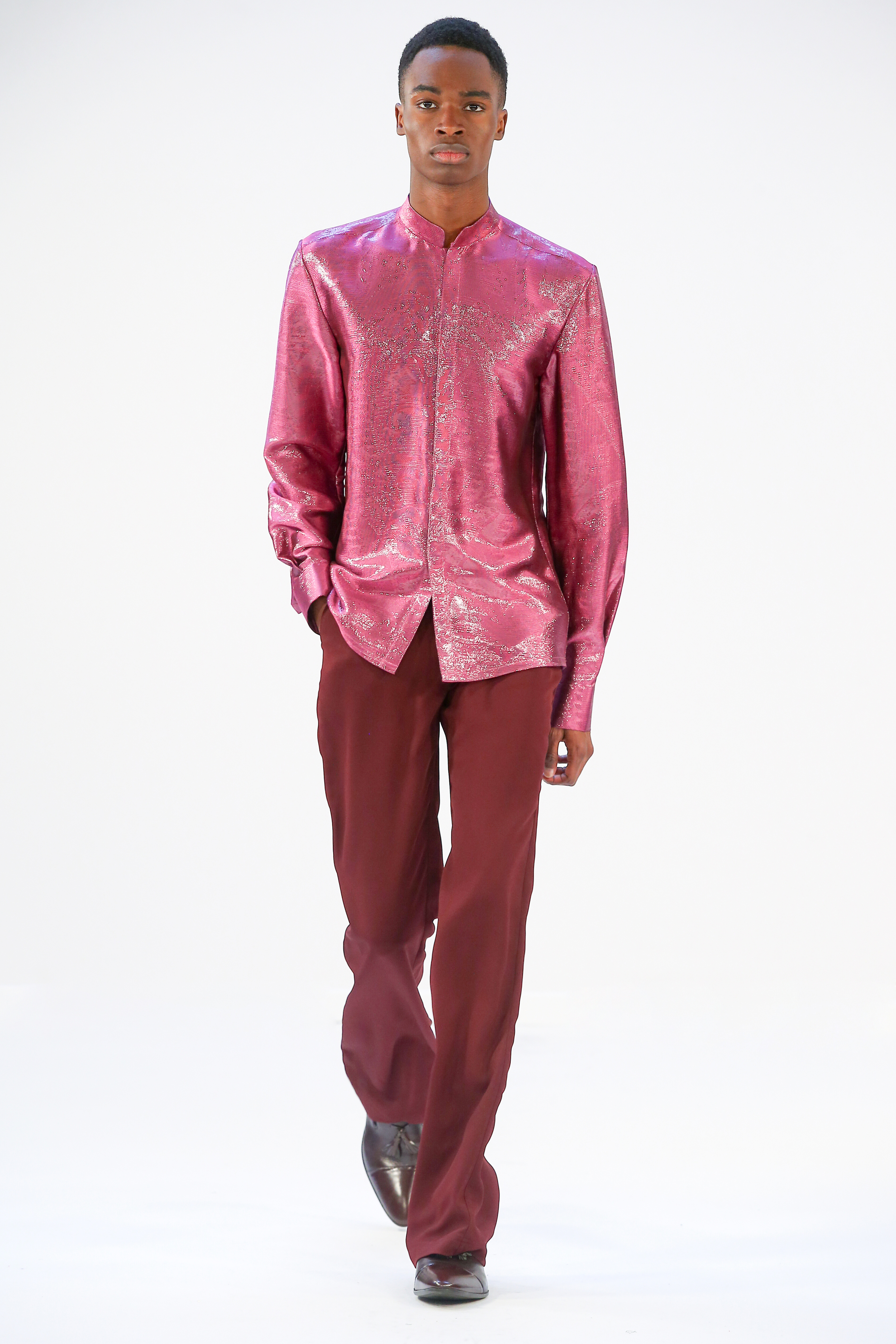
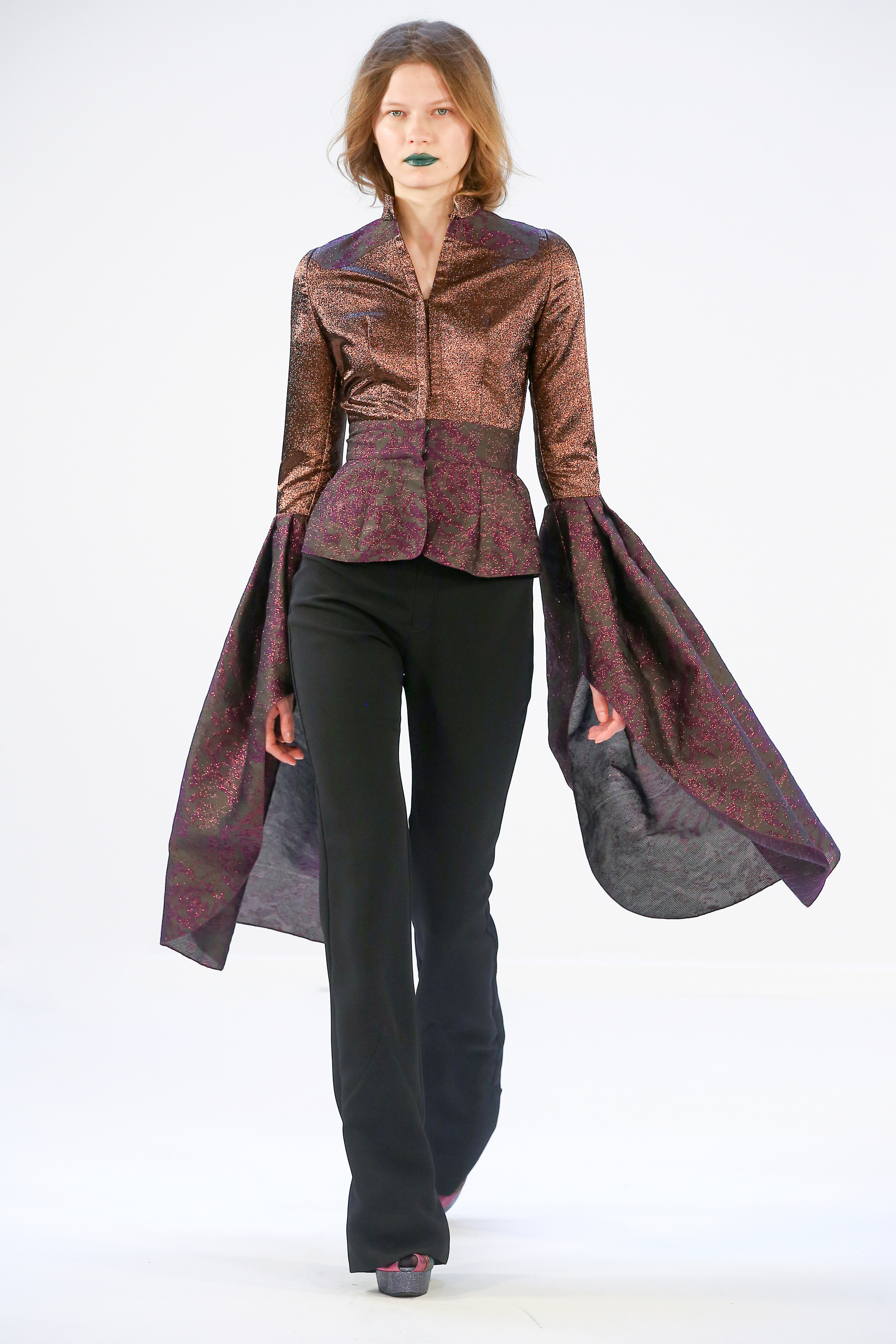
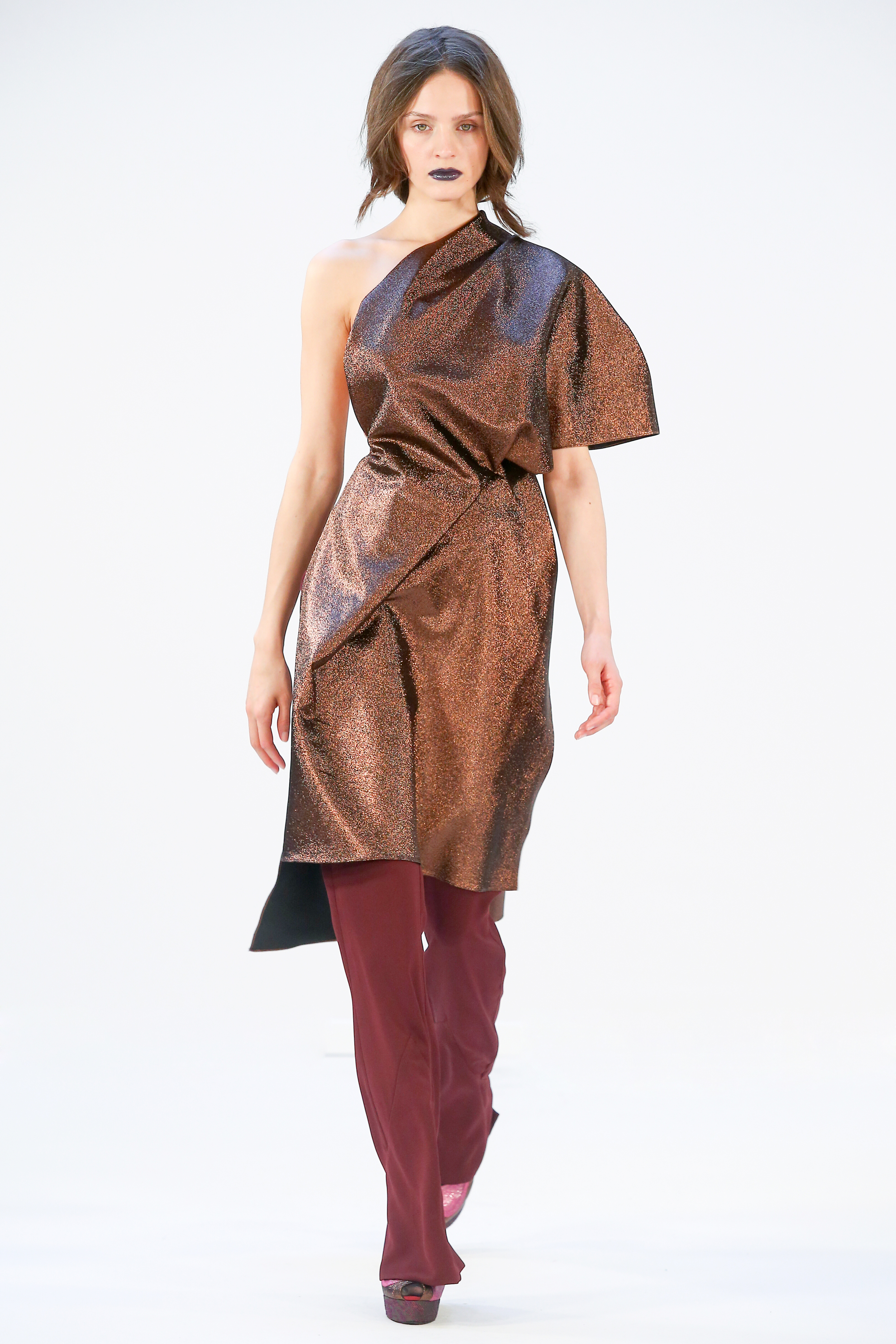
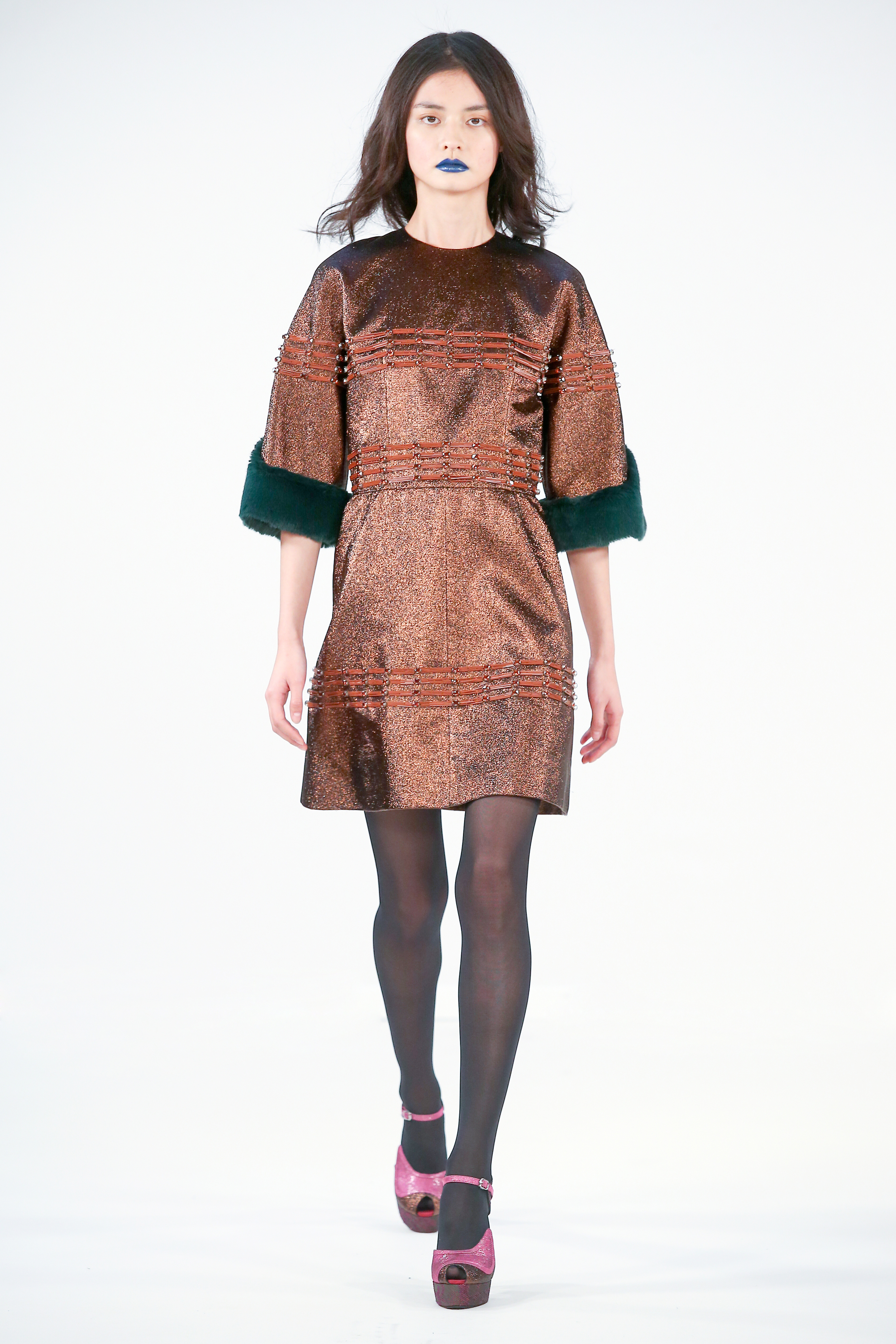
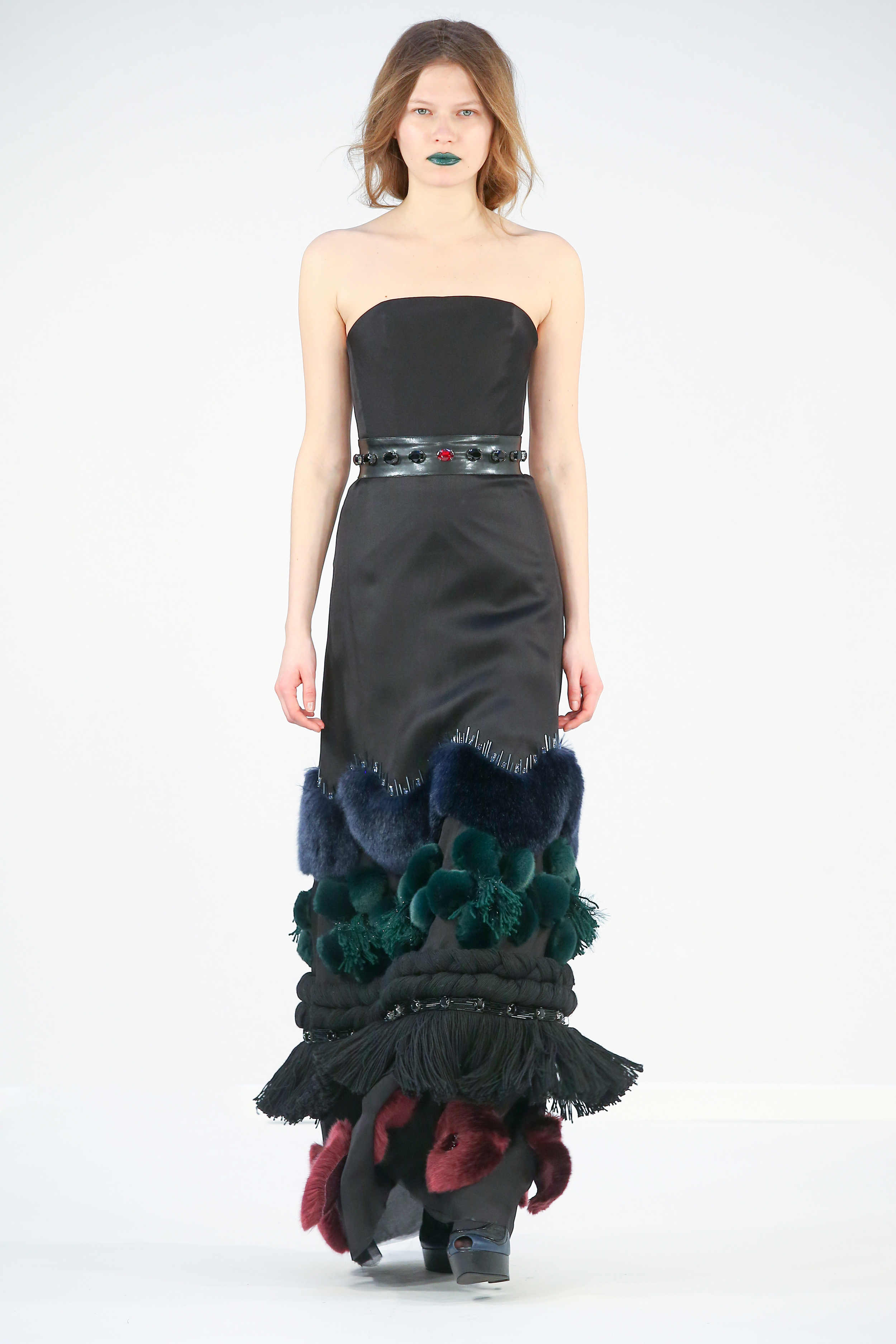







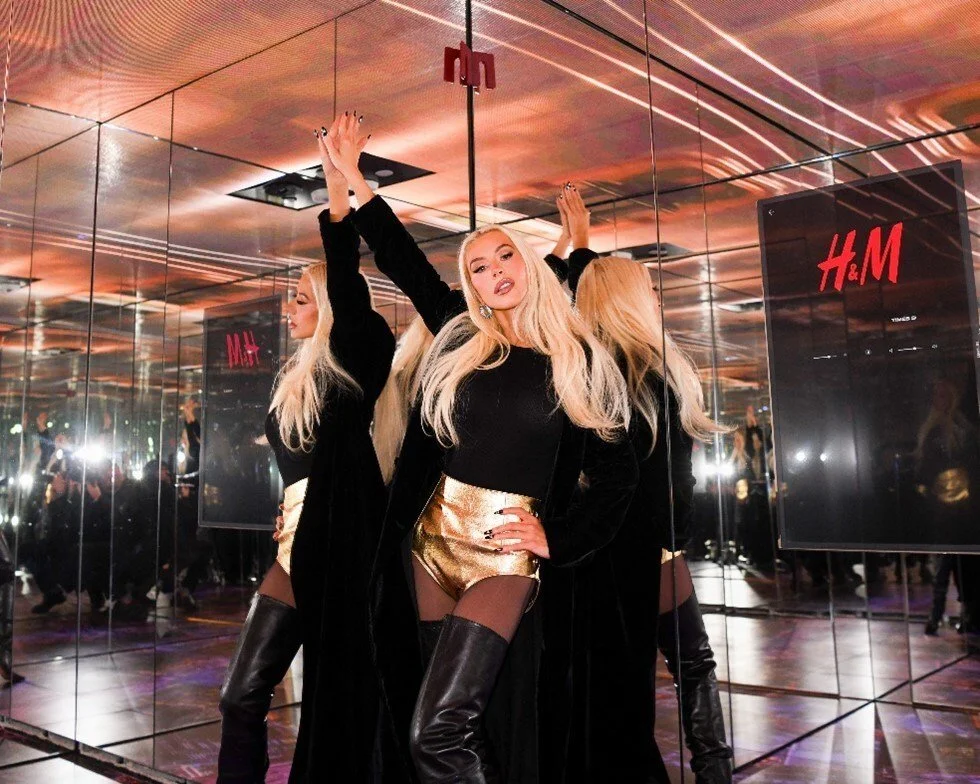
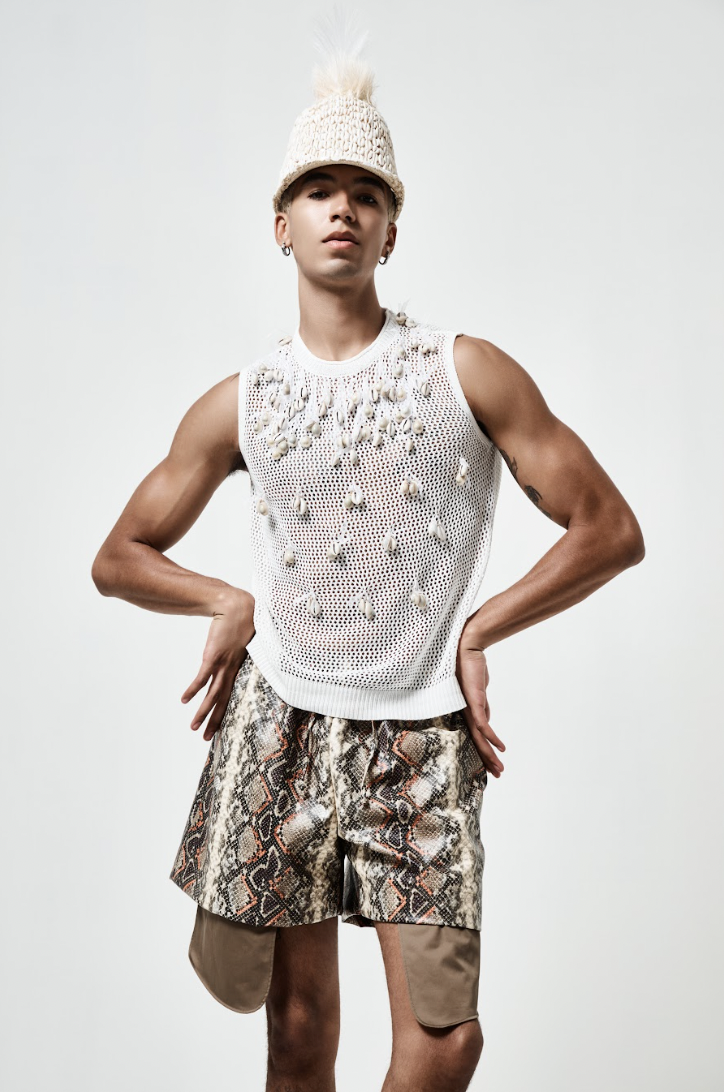







DSW footwear partnered with NYC designer Christian Cowan for his NYFW F/W 2025 runway collection. This marks the second season the two iconic brands have joined forces to literally fuse together fashion and footwear, and this season, the partnership expanded even further.